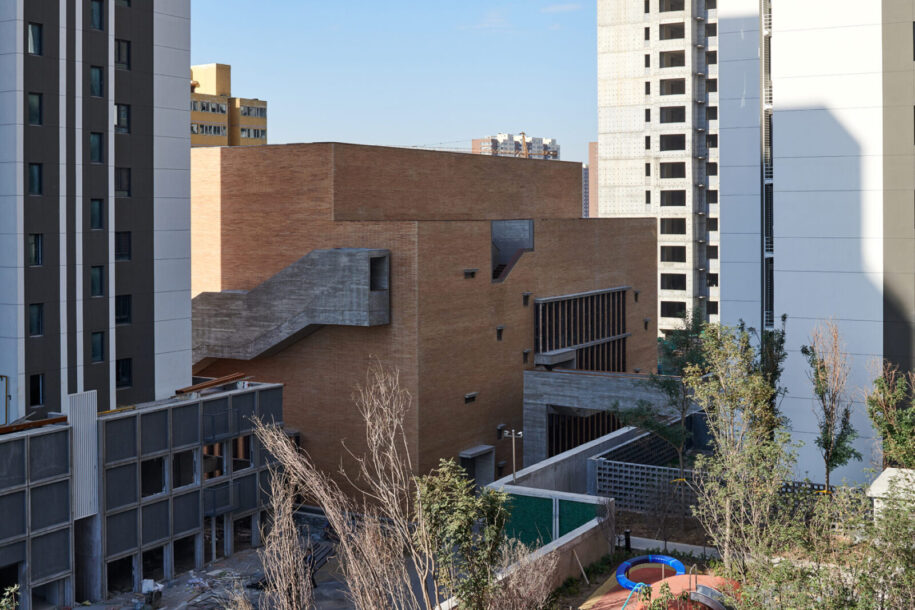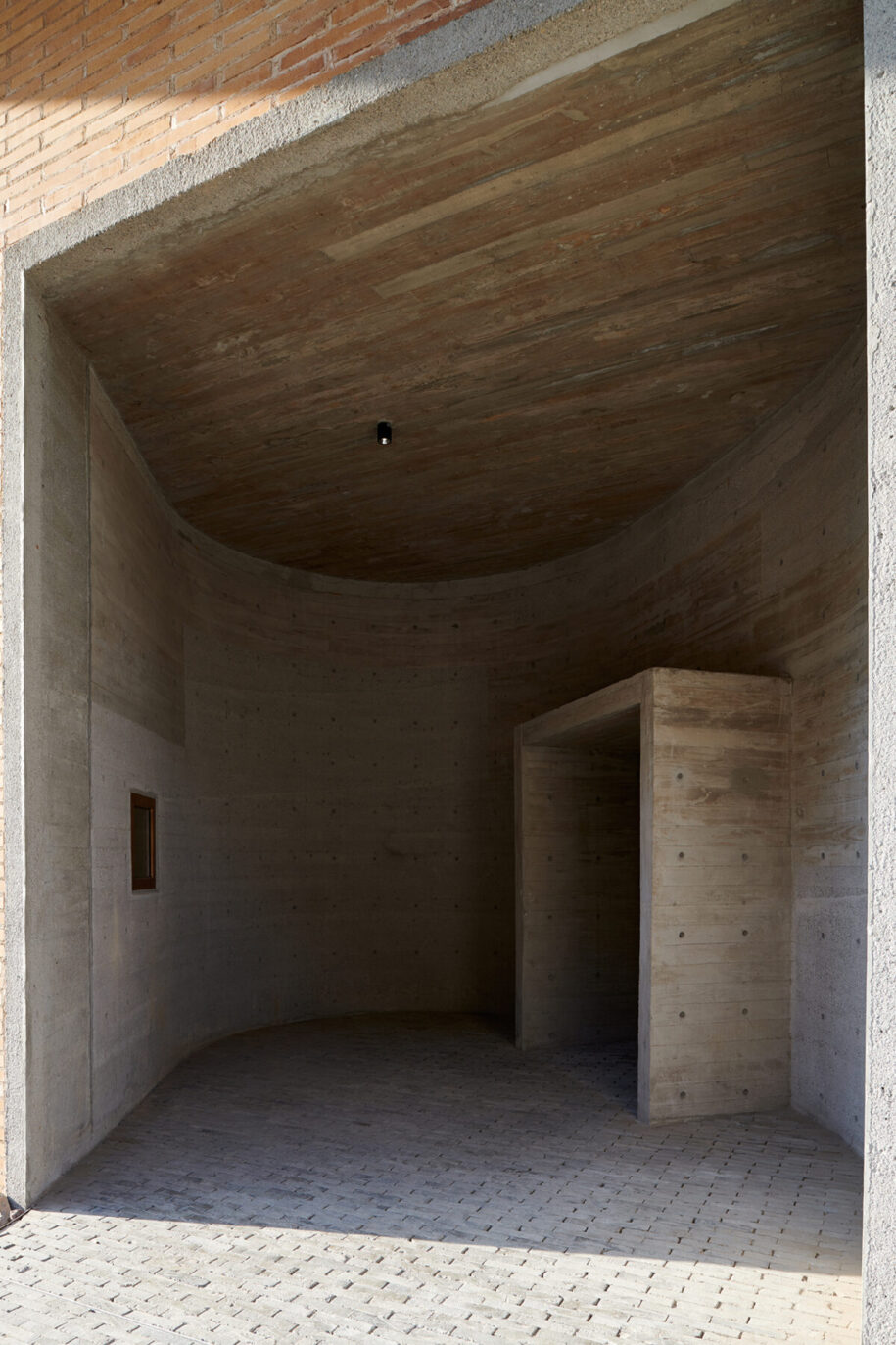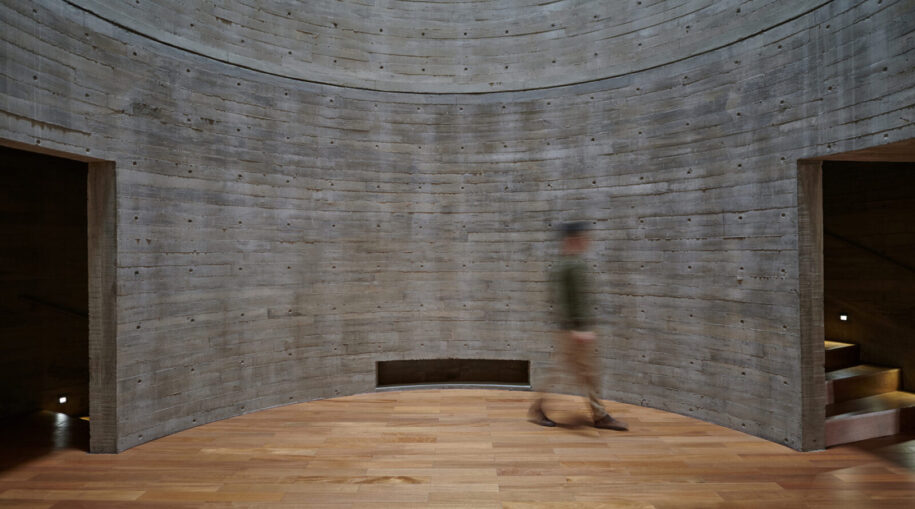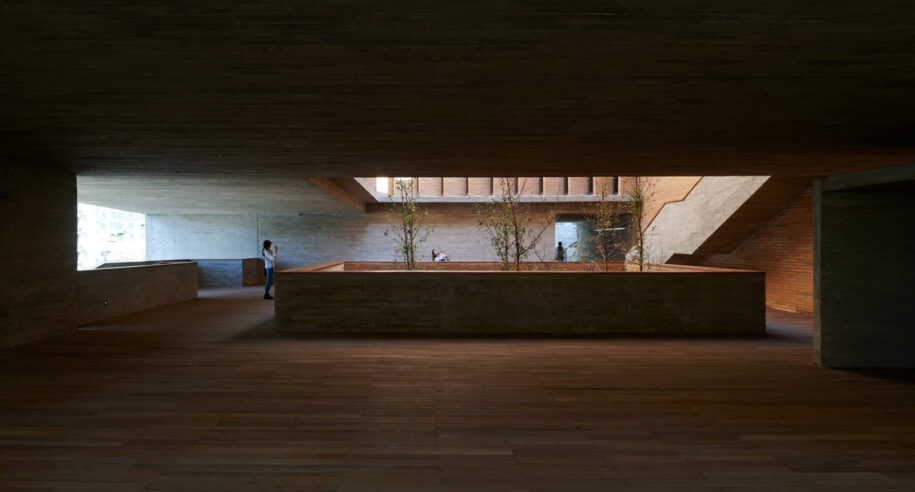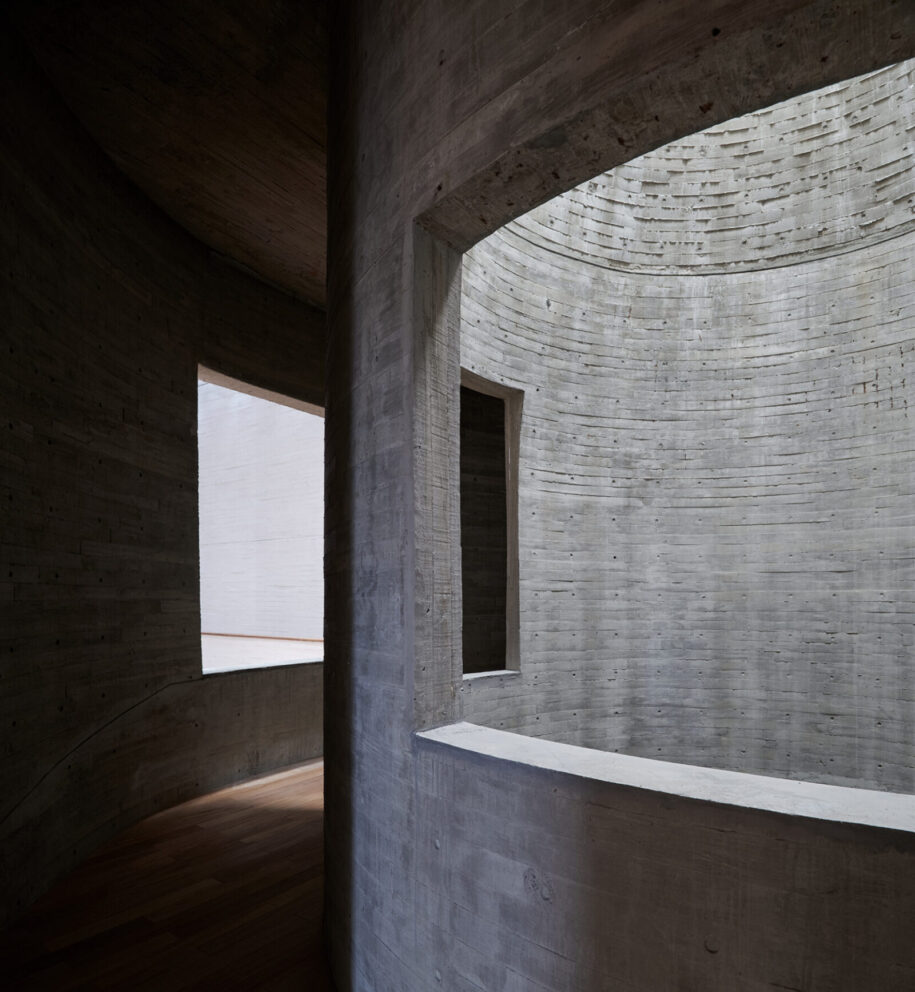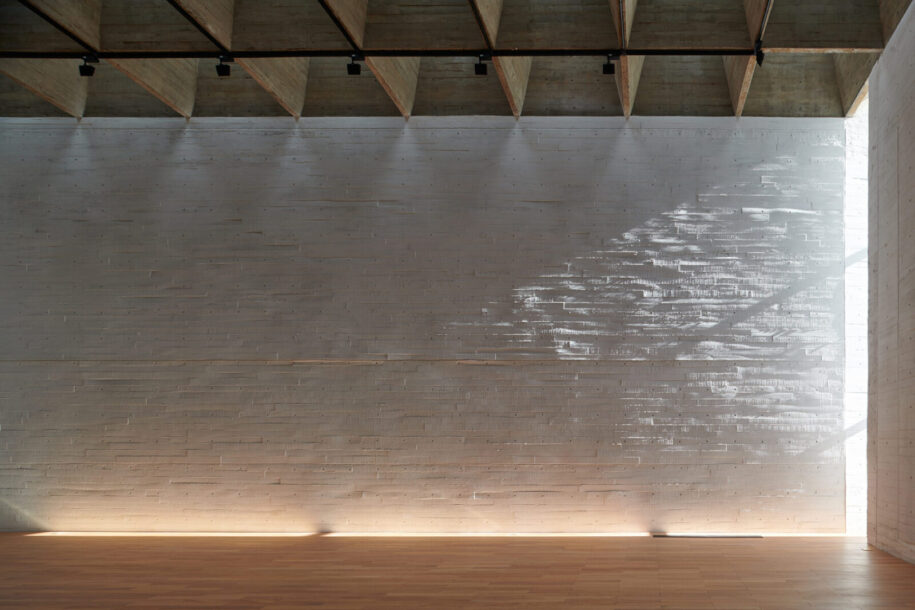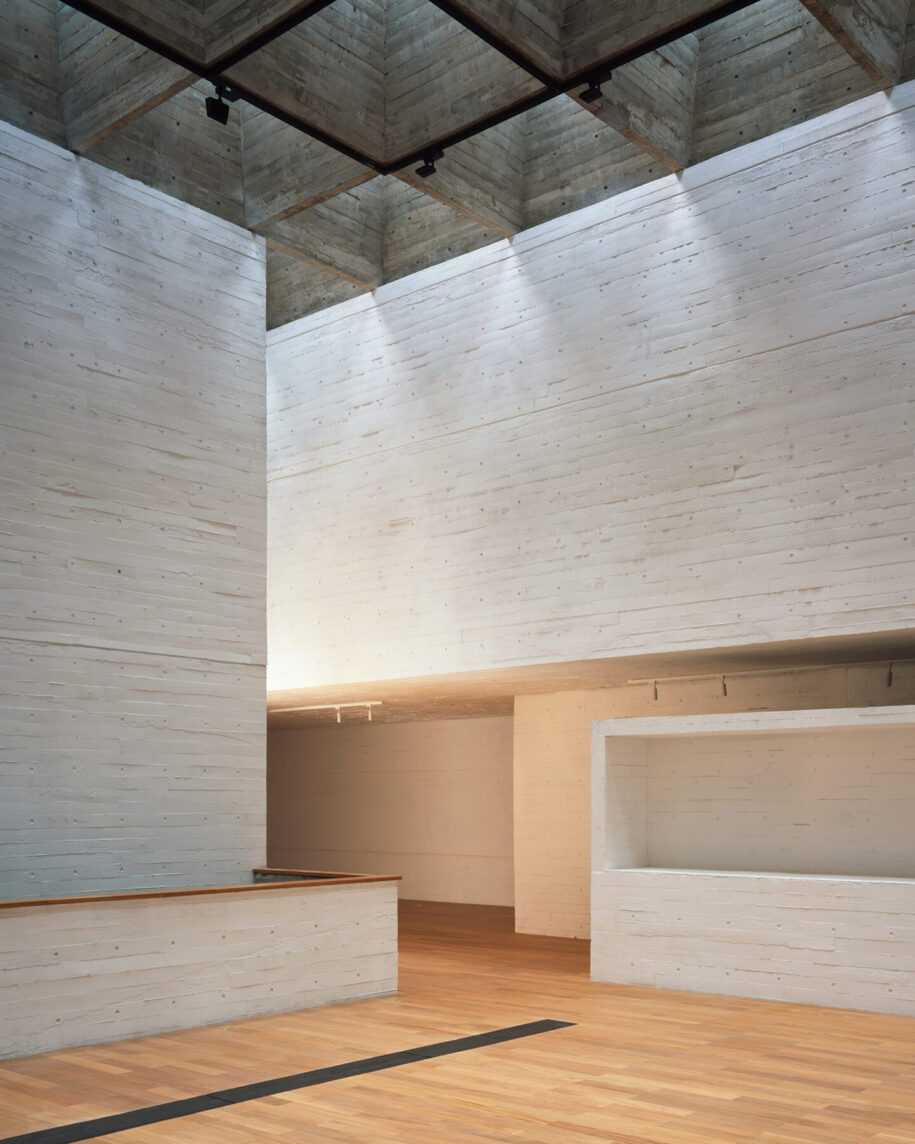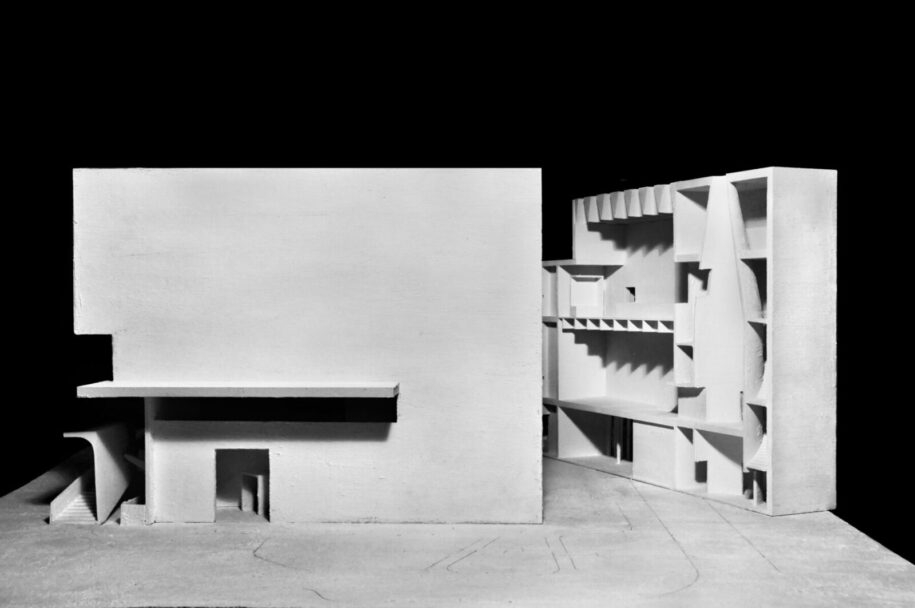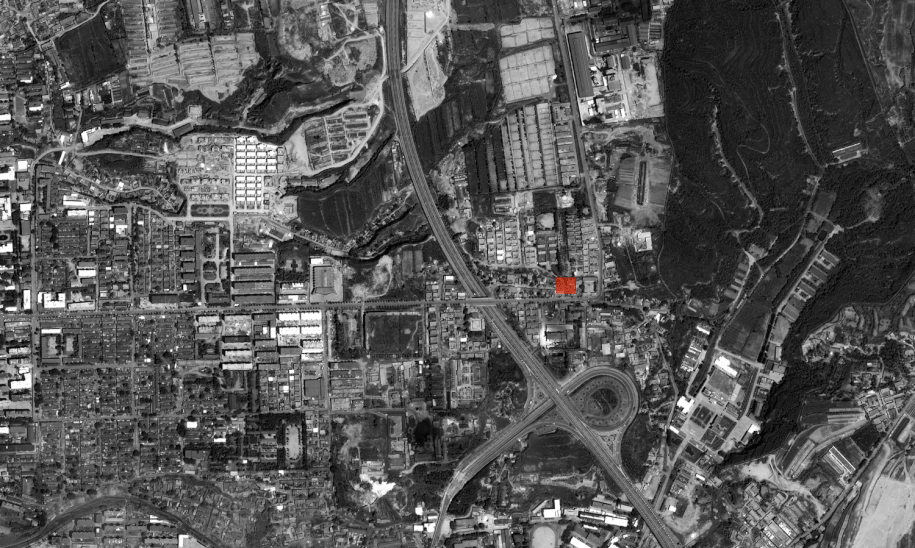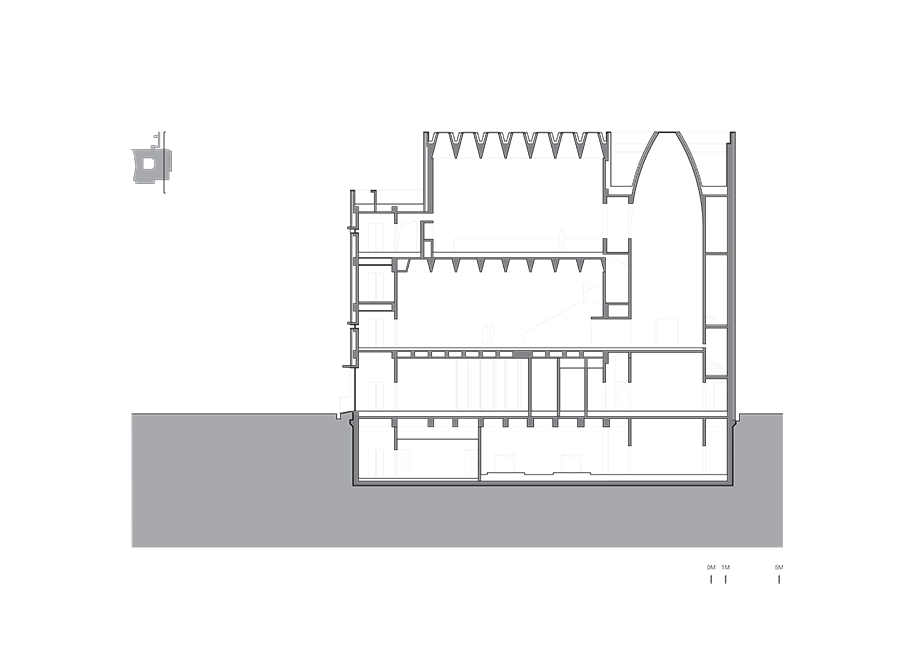Changjiang Art Museum by Vector Architects, as a cultural and shared space that will serve the public in the future, attempts to establish a contemporary response commemorating the traces and atmosphere of the human construction that ever existed on this piece of earth.
-text by the authors
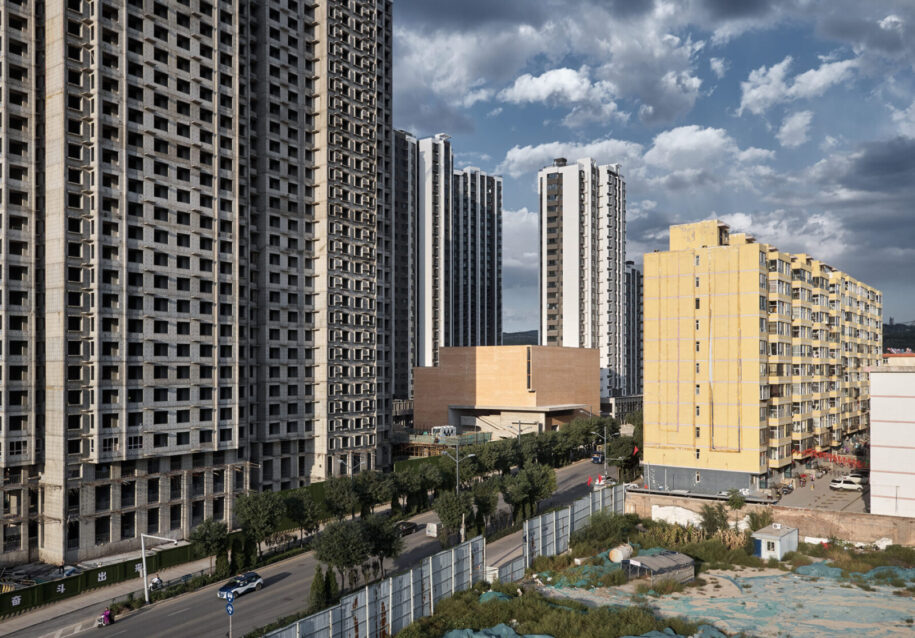
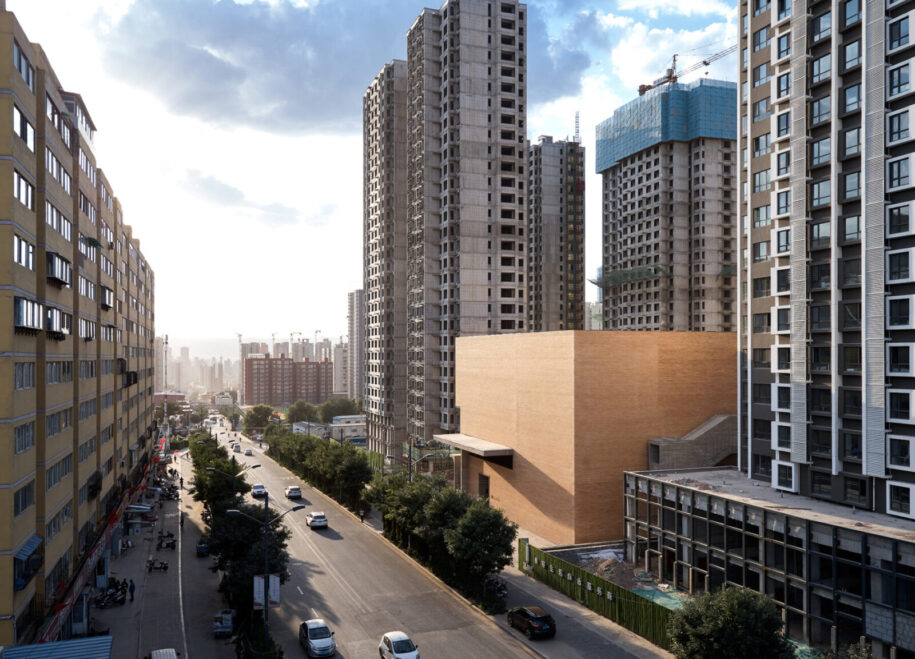
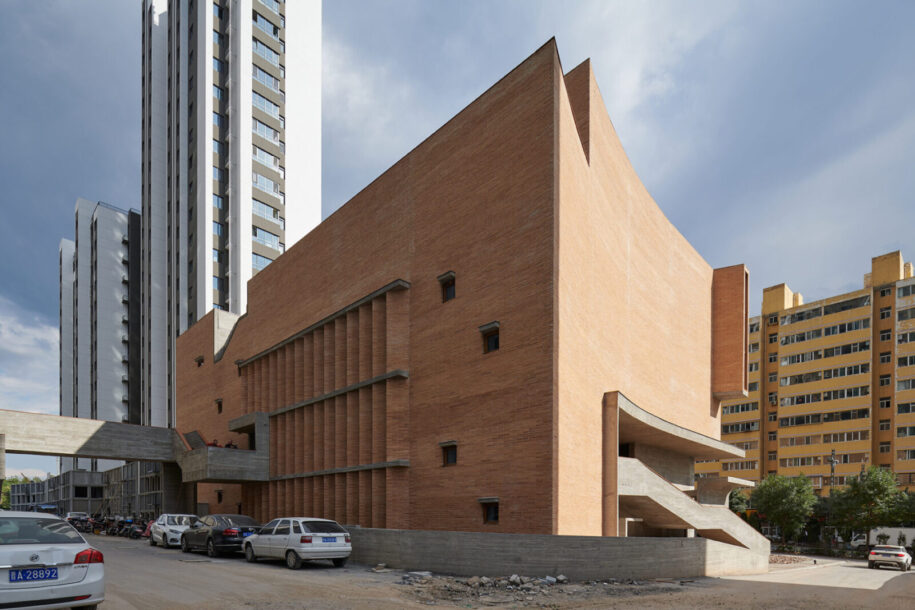
Changjiang Art Museum is located in Changjiang village at the northeast corner of Taiyuan, Shanxi Province. Similar to any other Chinese villages, this village was razed in 2016 to give way to the full speed urban development. The spatial context that once inscribed the memory of people’s everyday lives were deprived and fractured. The Museum is situated at the southern edge of a newly constructed residential community, adjacent to the urban gird.
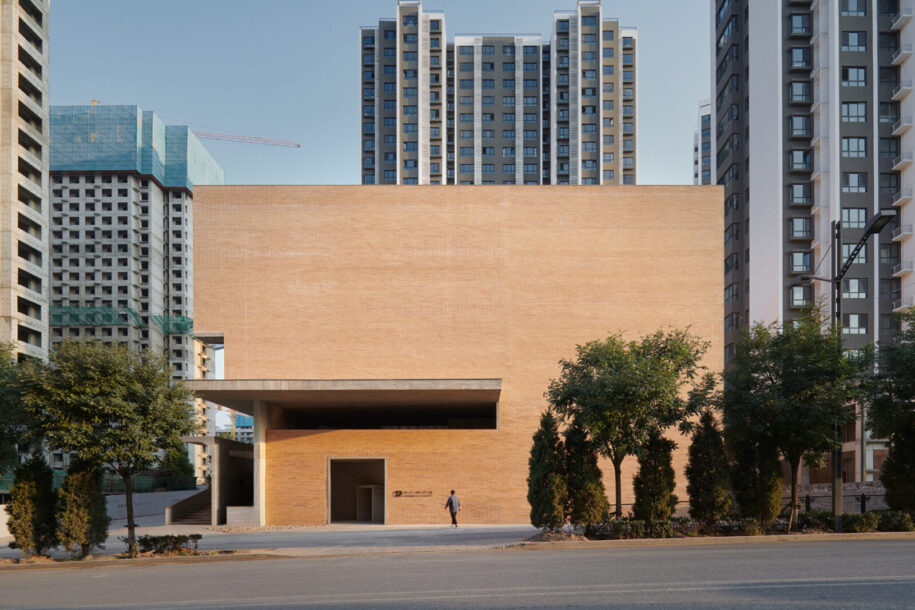
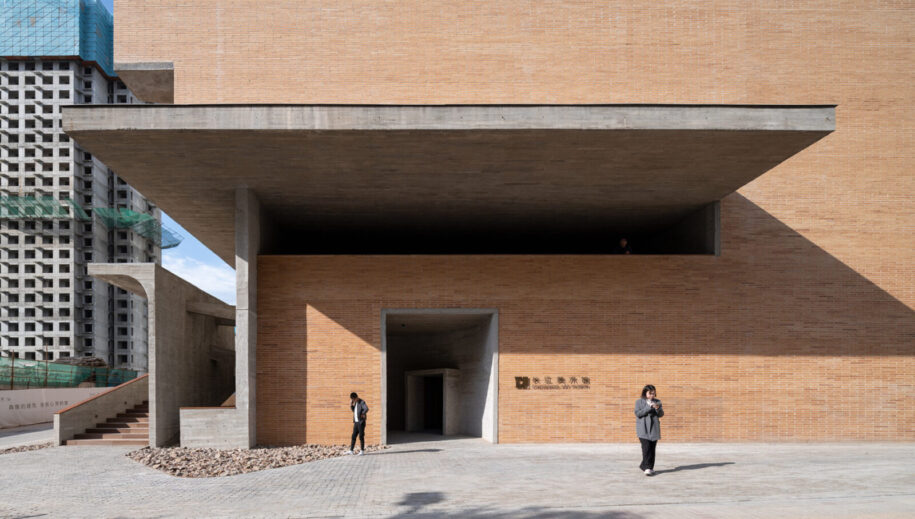
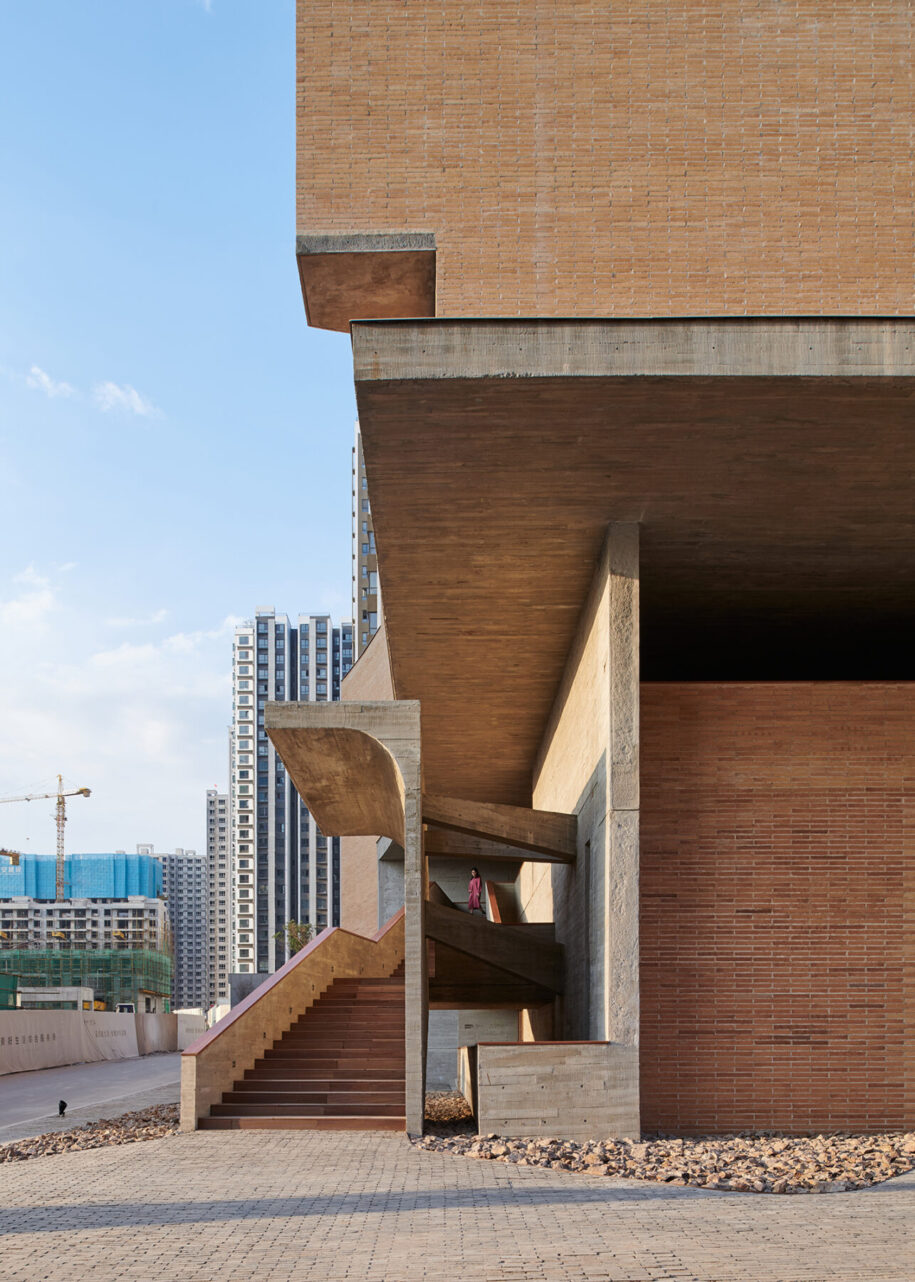
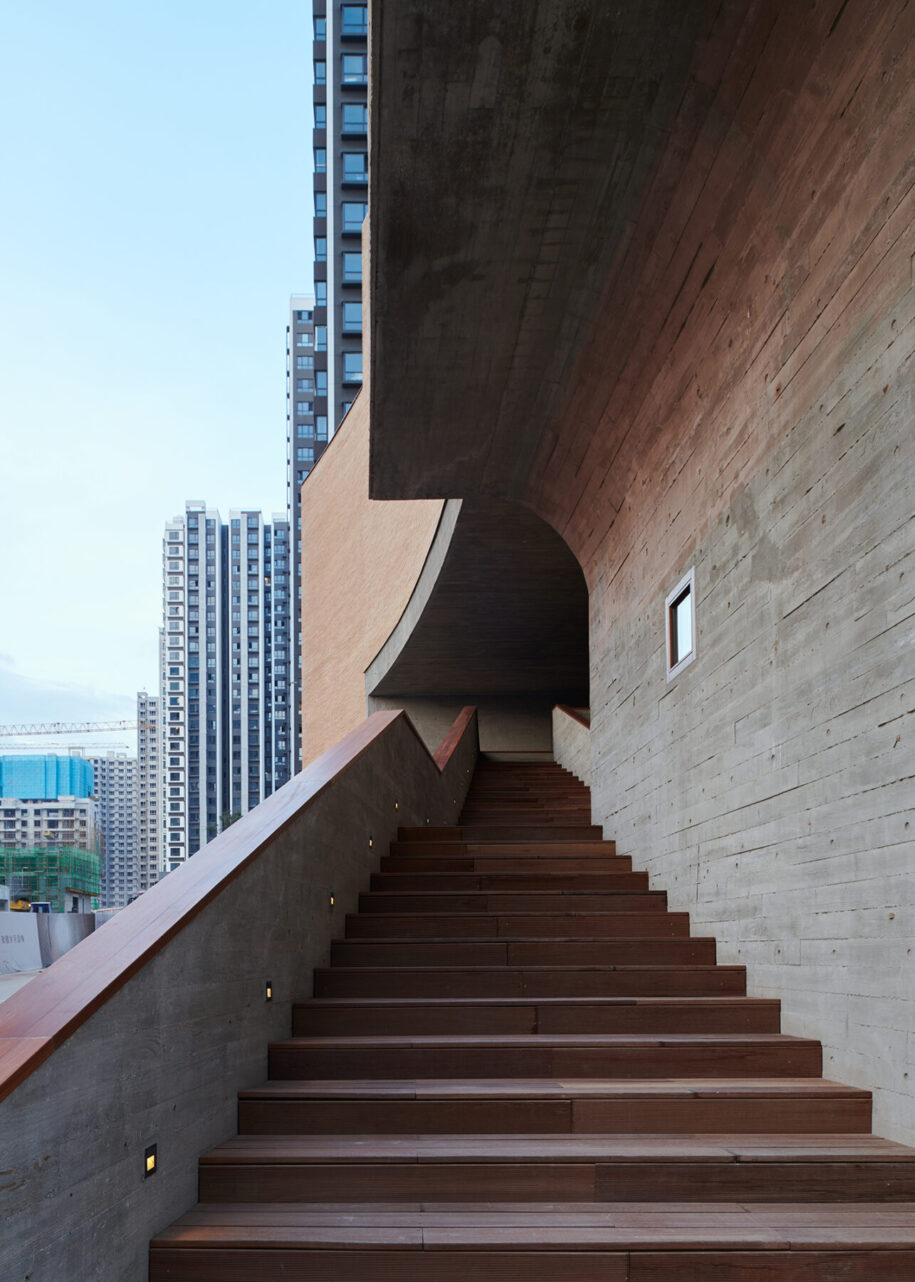
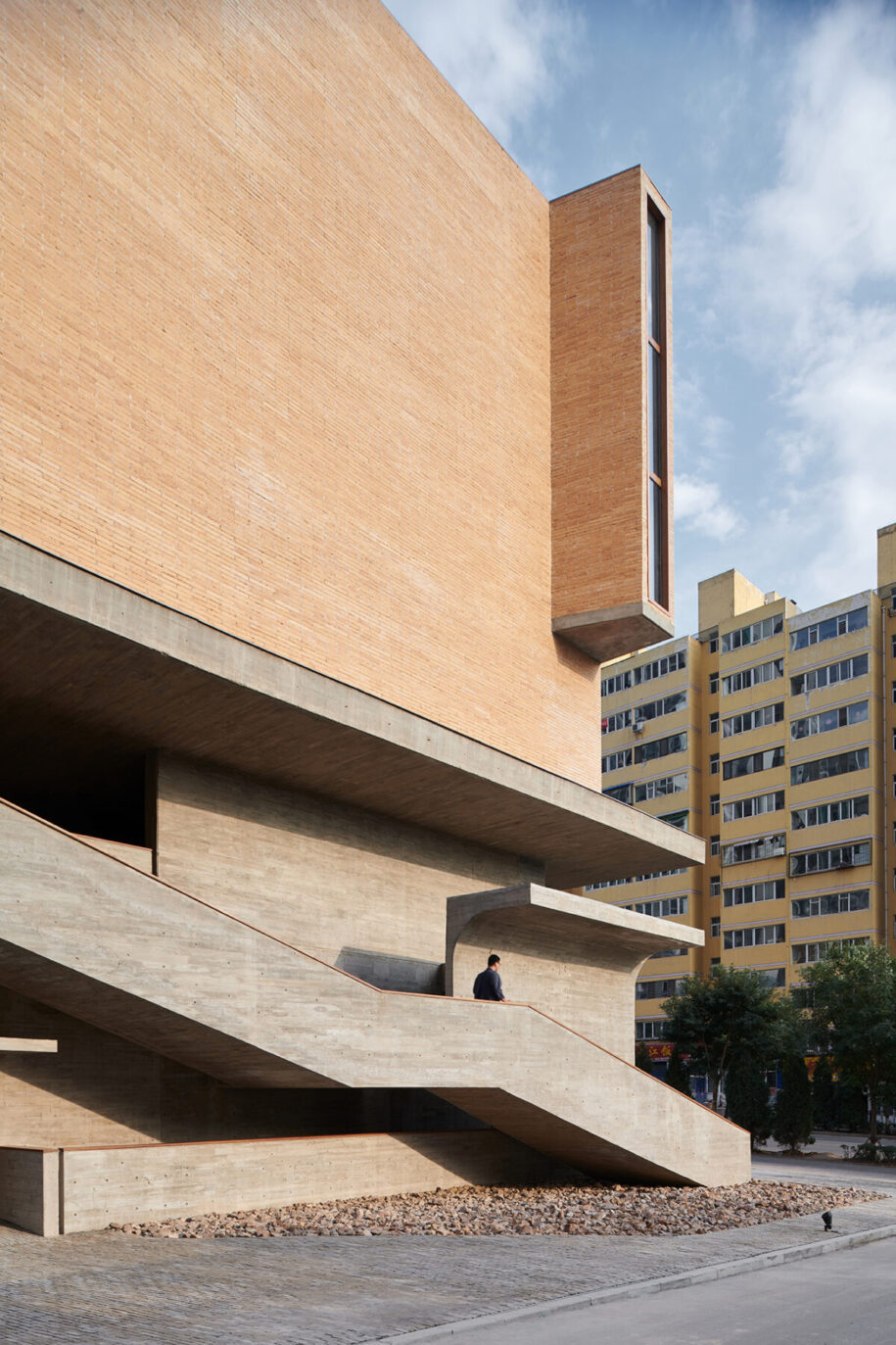
Therefore, how to make the museum function as a linkage between the community and the city turns to be one of the major issues we concern.
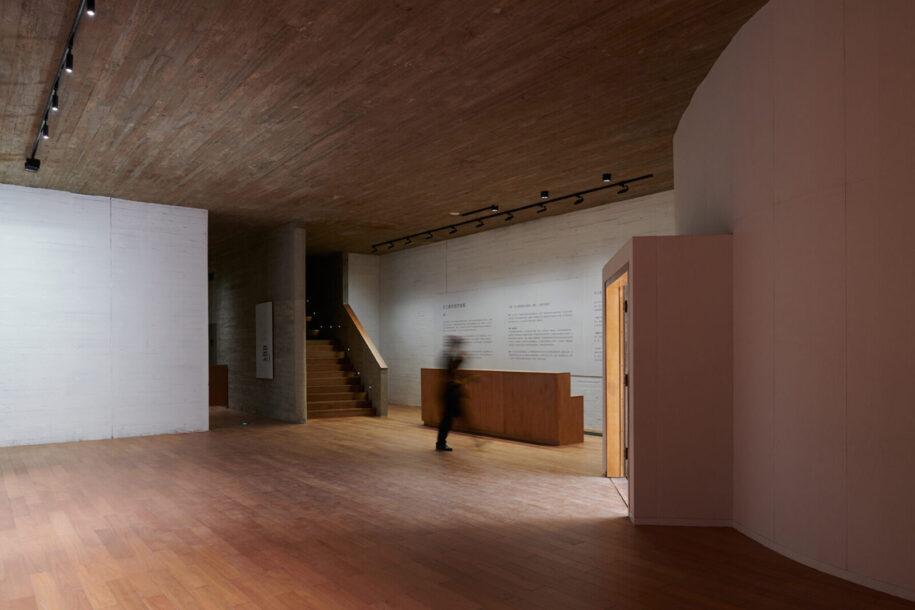
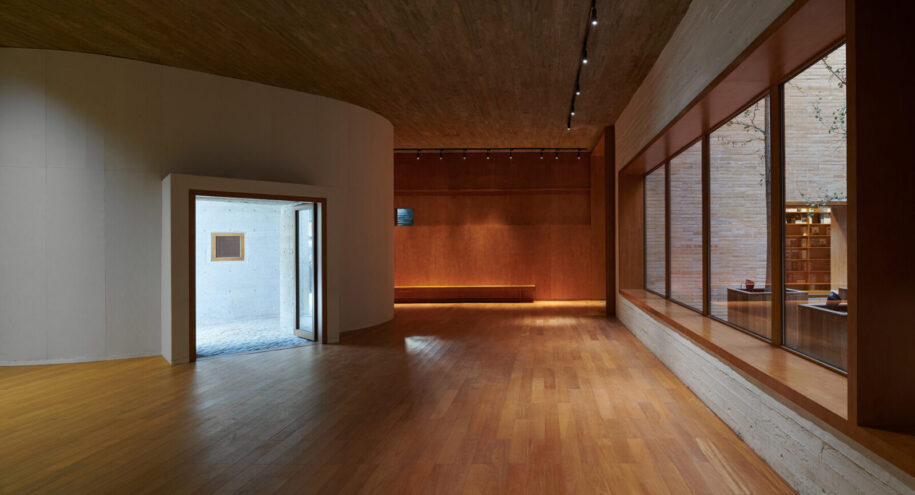
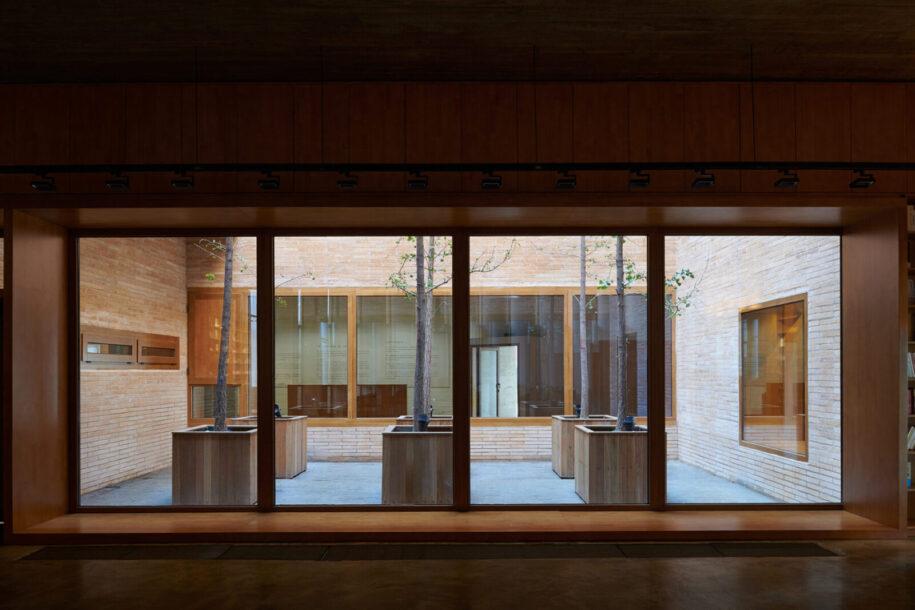
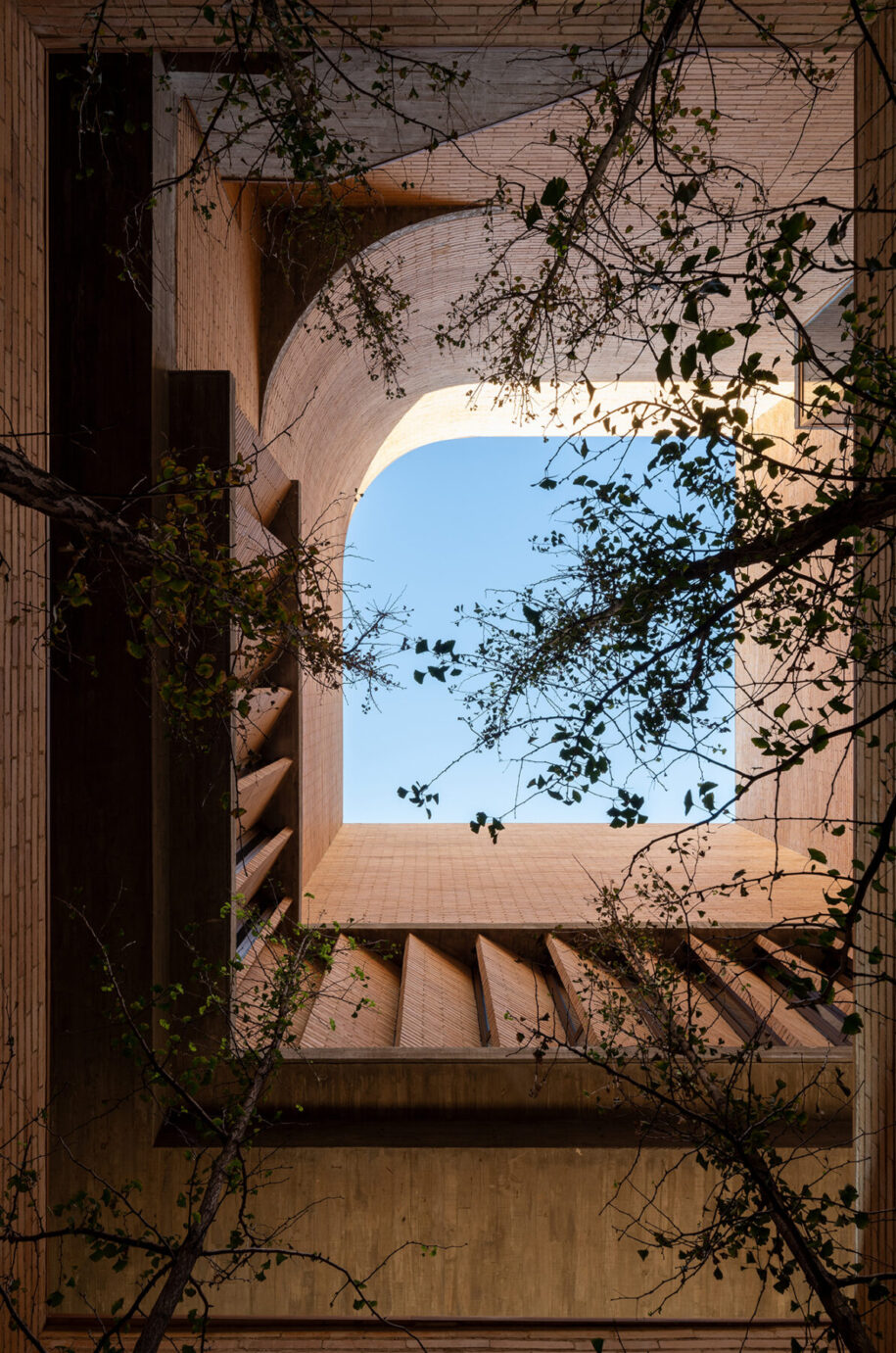
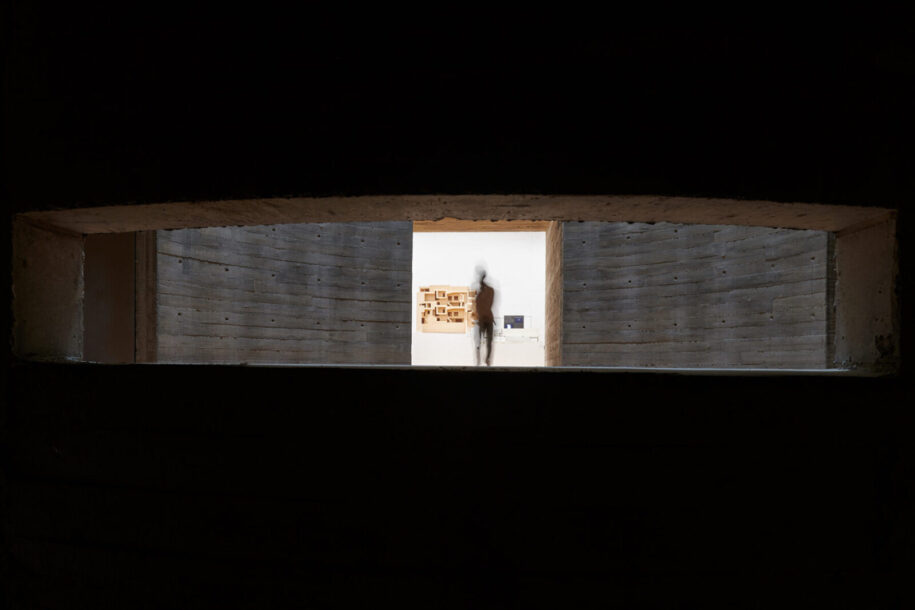
At the lower level of the building, we carve out the space at the southwest corner for an outdoor staircase, landing to the street level and leading up through the museum to an open terrace. The terrace at the second level becomes a raised-up plaza with a tree courtyard in the center, allowing for public activities and further connecting to the northern community across the street via a footbridge. This exterior crossing circulation is public and independent from the route in the museum. Both of them accommodates the use for the general visitors and local residents.
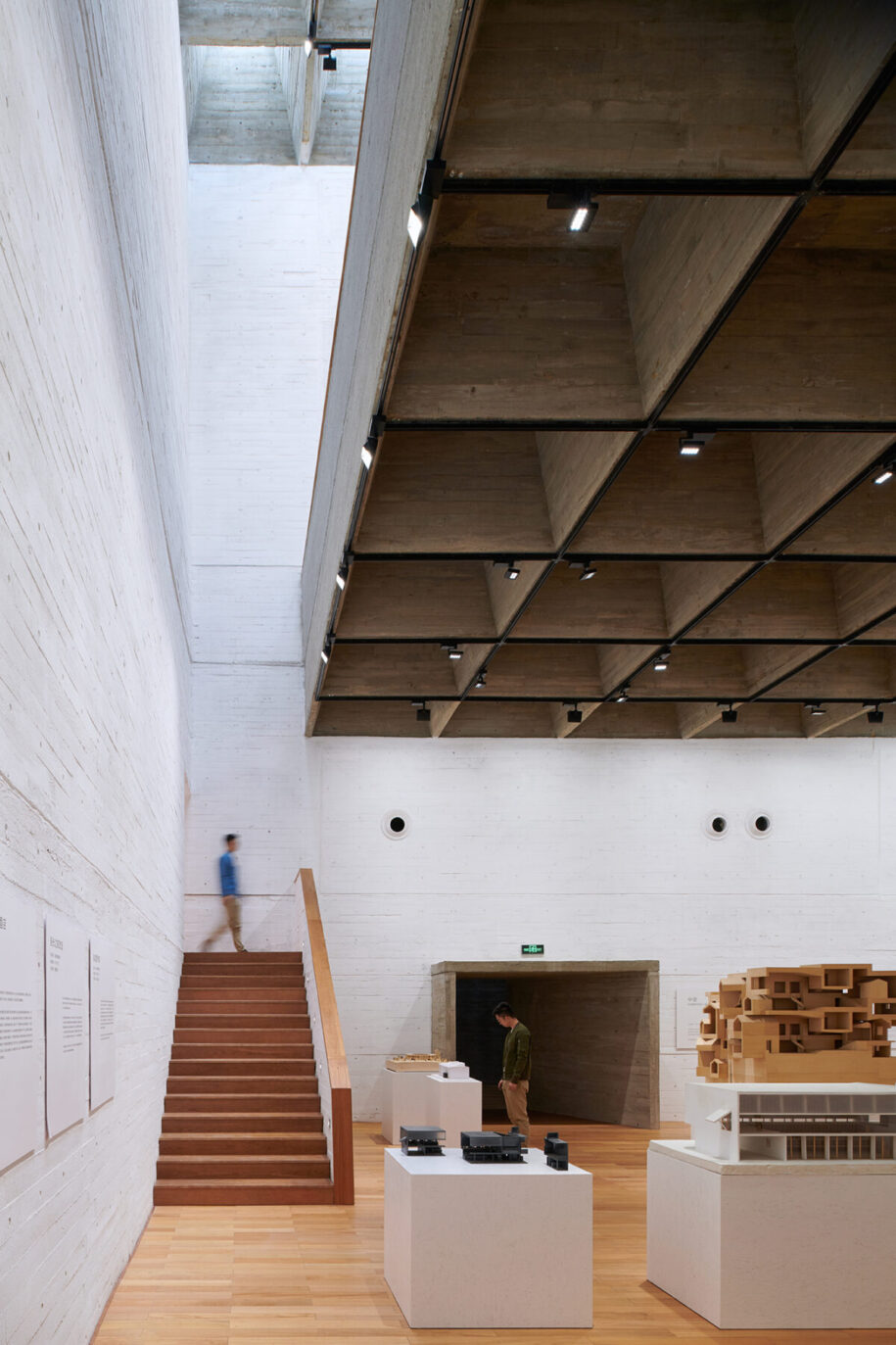
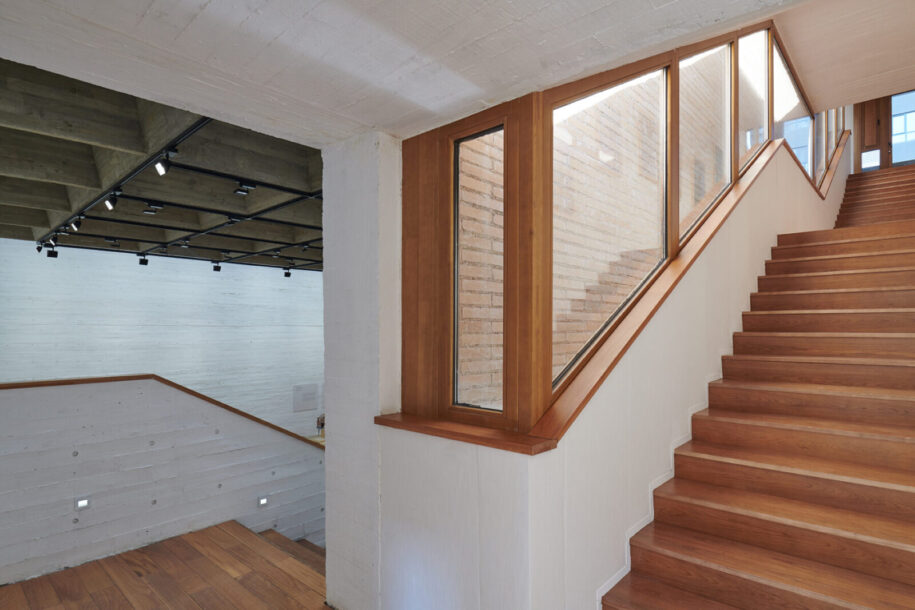
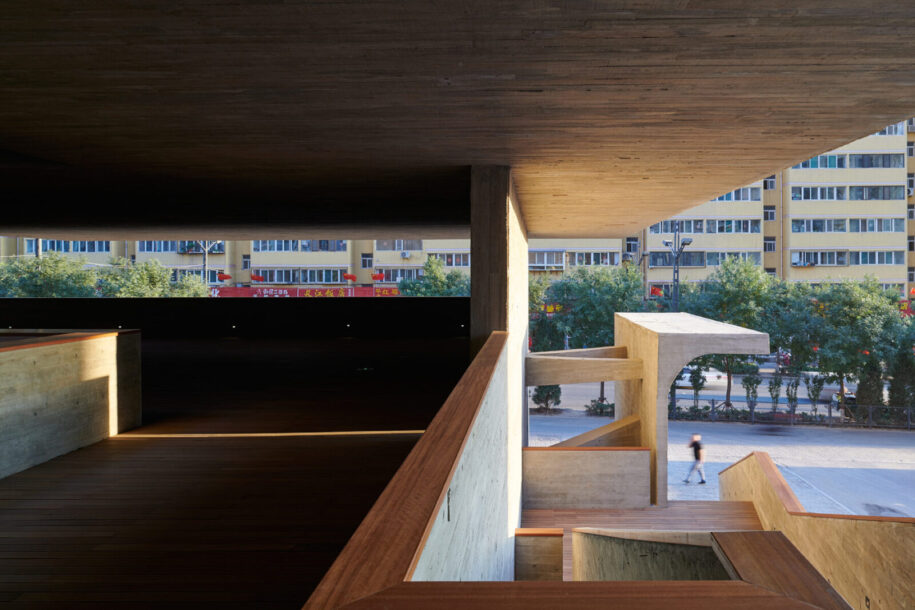
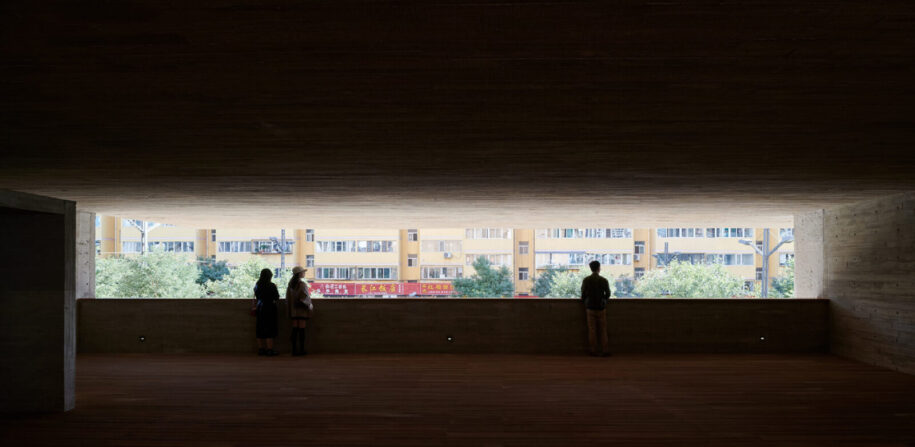
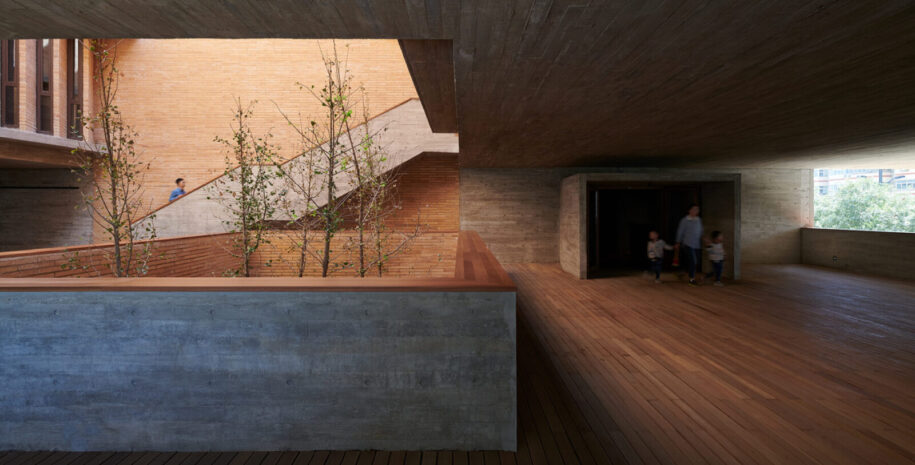
The galleries of the museum are arranged around a light well with 5.7 meters in diameter and 16.4 meters in height, which serves as the organizing “anchor” for all the spaces.
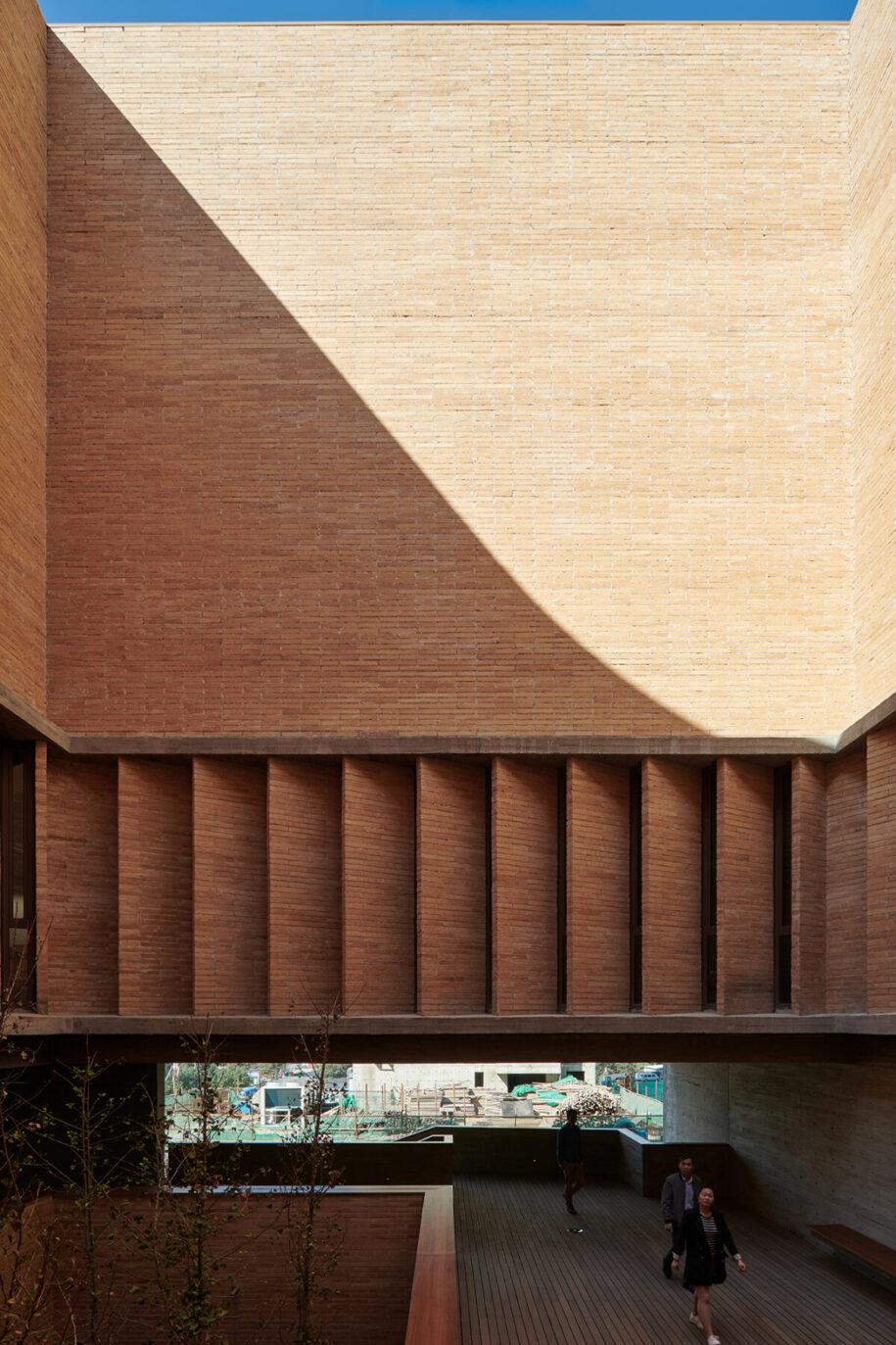
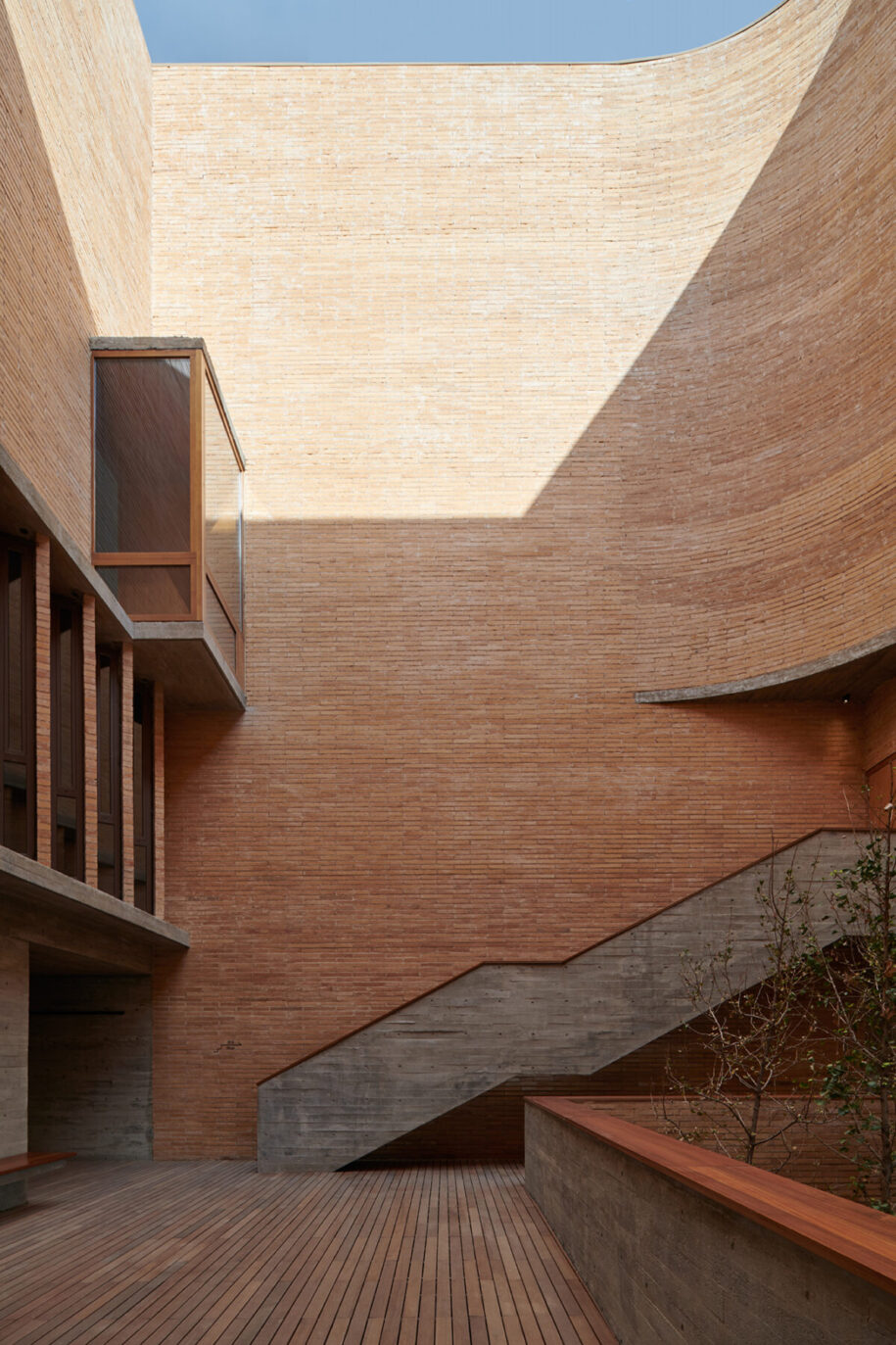
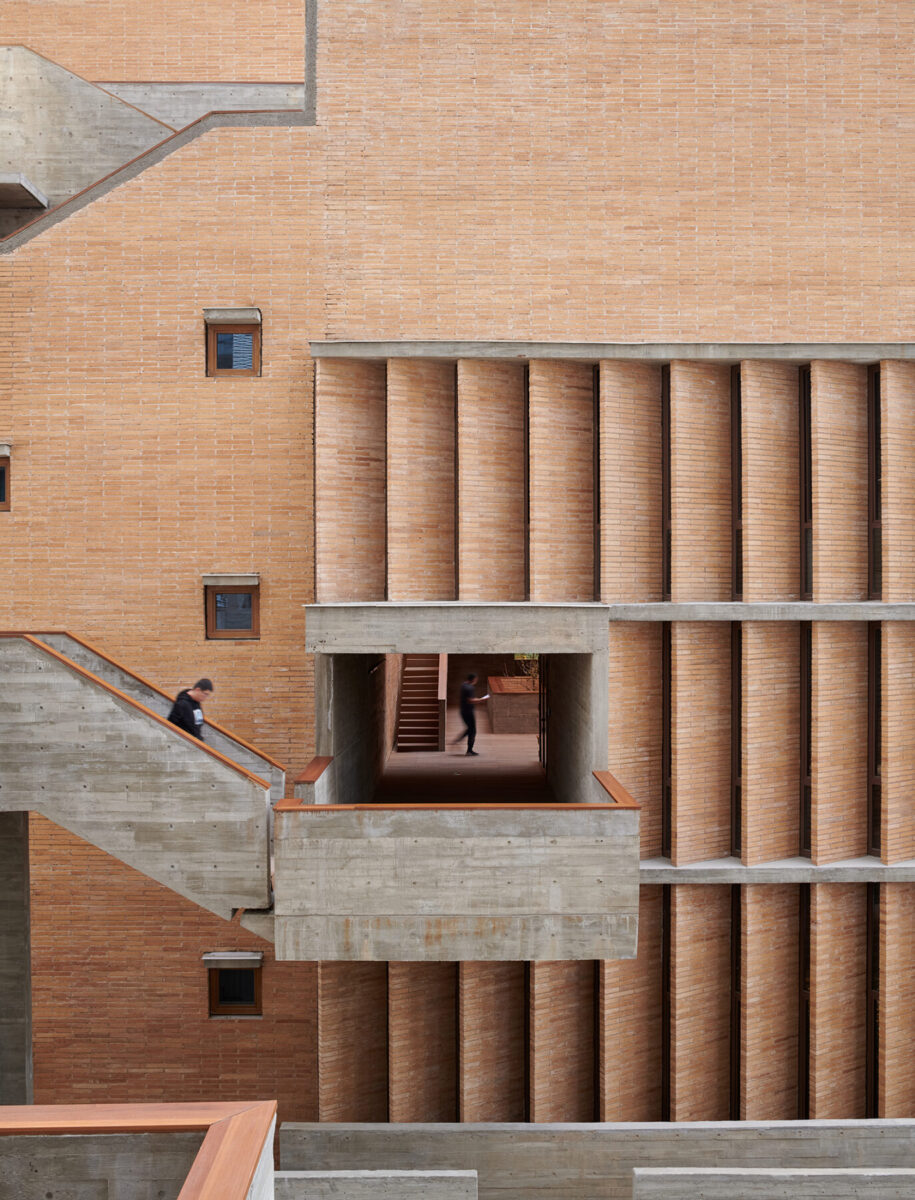
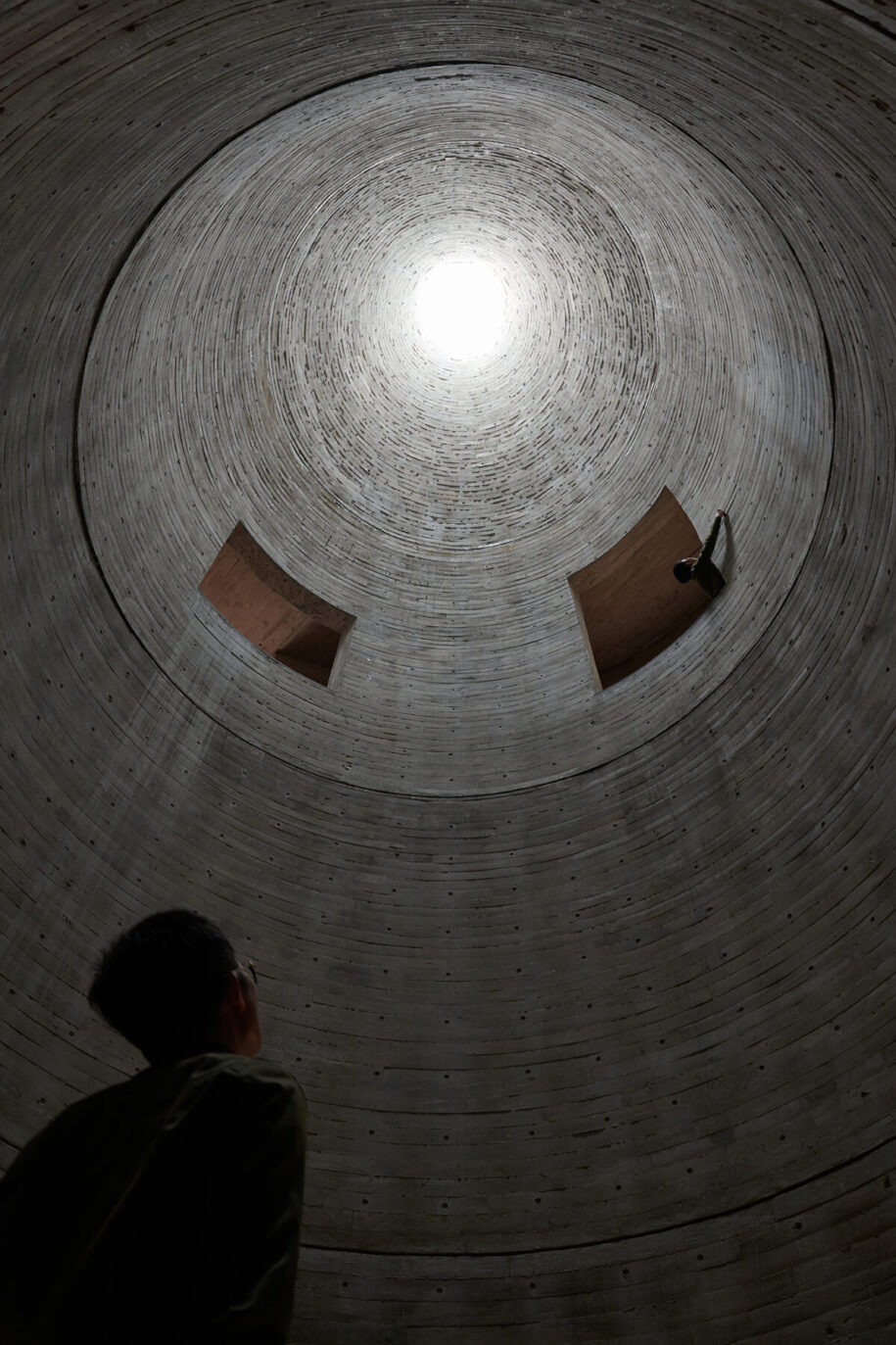
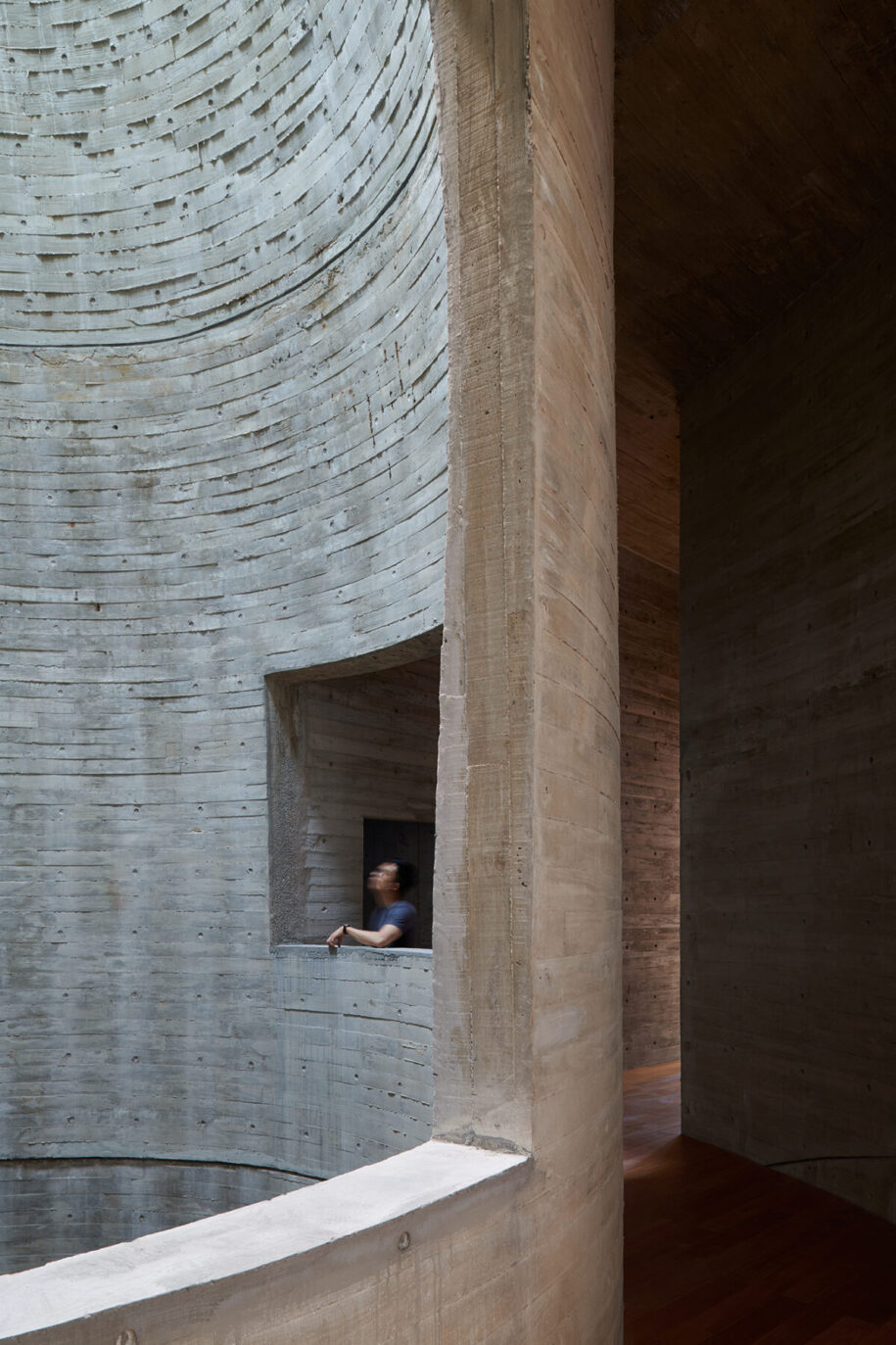
The light well is both the starting point and the end point. People will start from passing through the bottom part of the light well, walk along the spiral staircase coiling up to the galleries while inadvertently looking back into the light well through the apertures at different levels, and eventually conclude the journey stepping down from the top gallery along the light well again back to the starting point. While inside the galleries, natural light is filtered and softened by the skylights, penetrating through a grid of 1.9 x 1.9 square meter waffle beam and filling the interior with a homogeneous and immersive light quality. Furthermore, the exterior staircase that connects the second through fourth floors, the protruding corner window on the fourth floor, and a southwest-facing vertical window on the same floor all provide museum visitors with glimpses of the contemporary cityscape of Taiyuan.
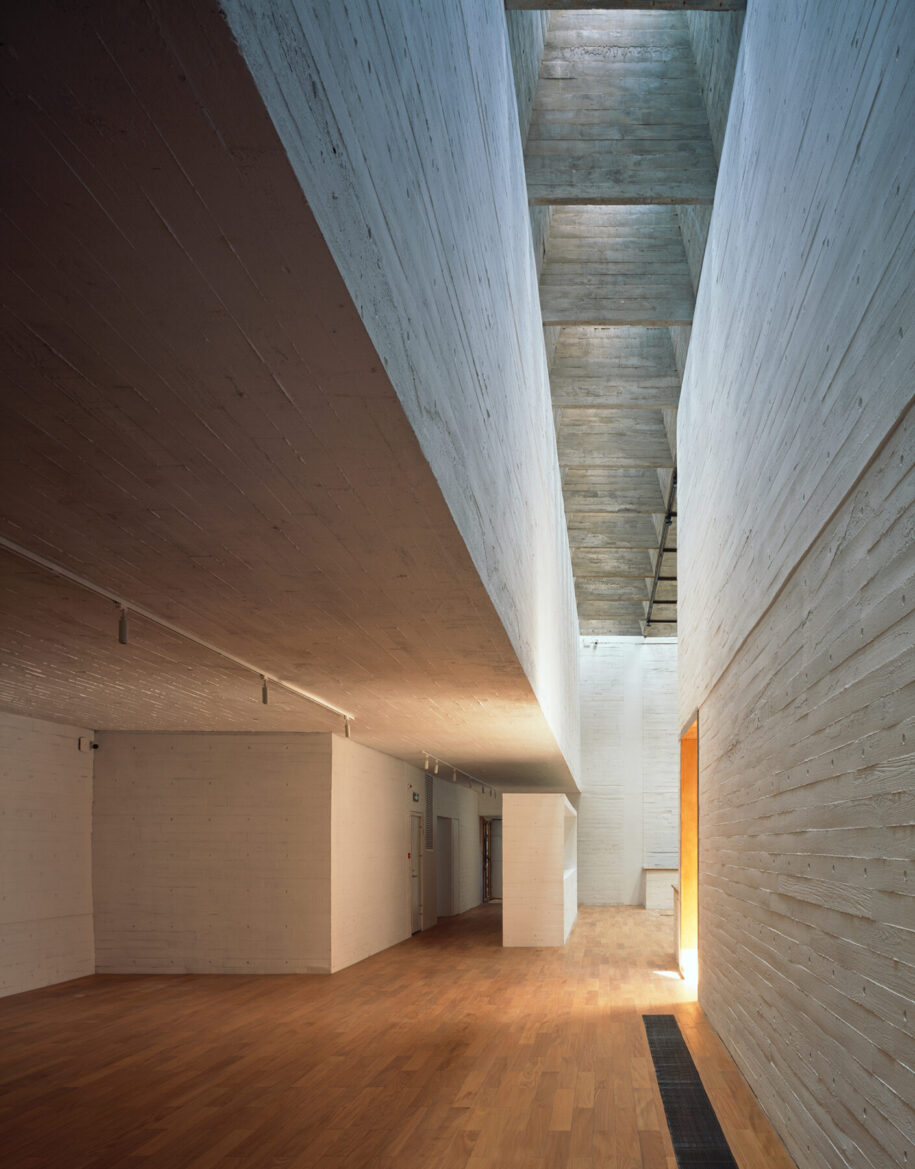
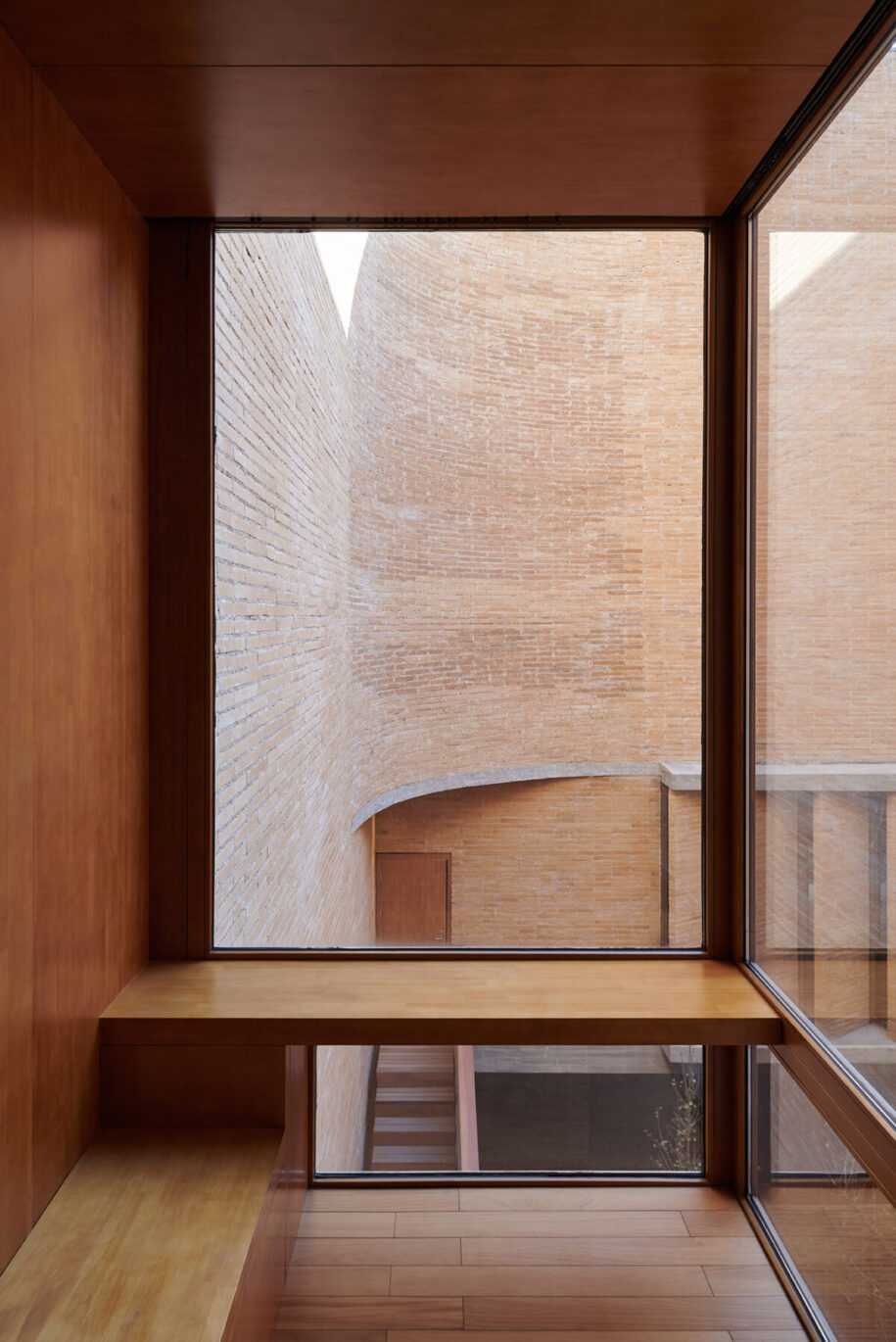
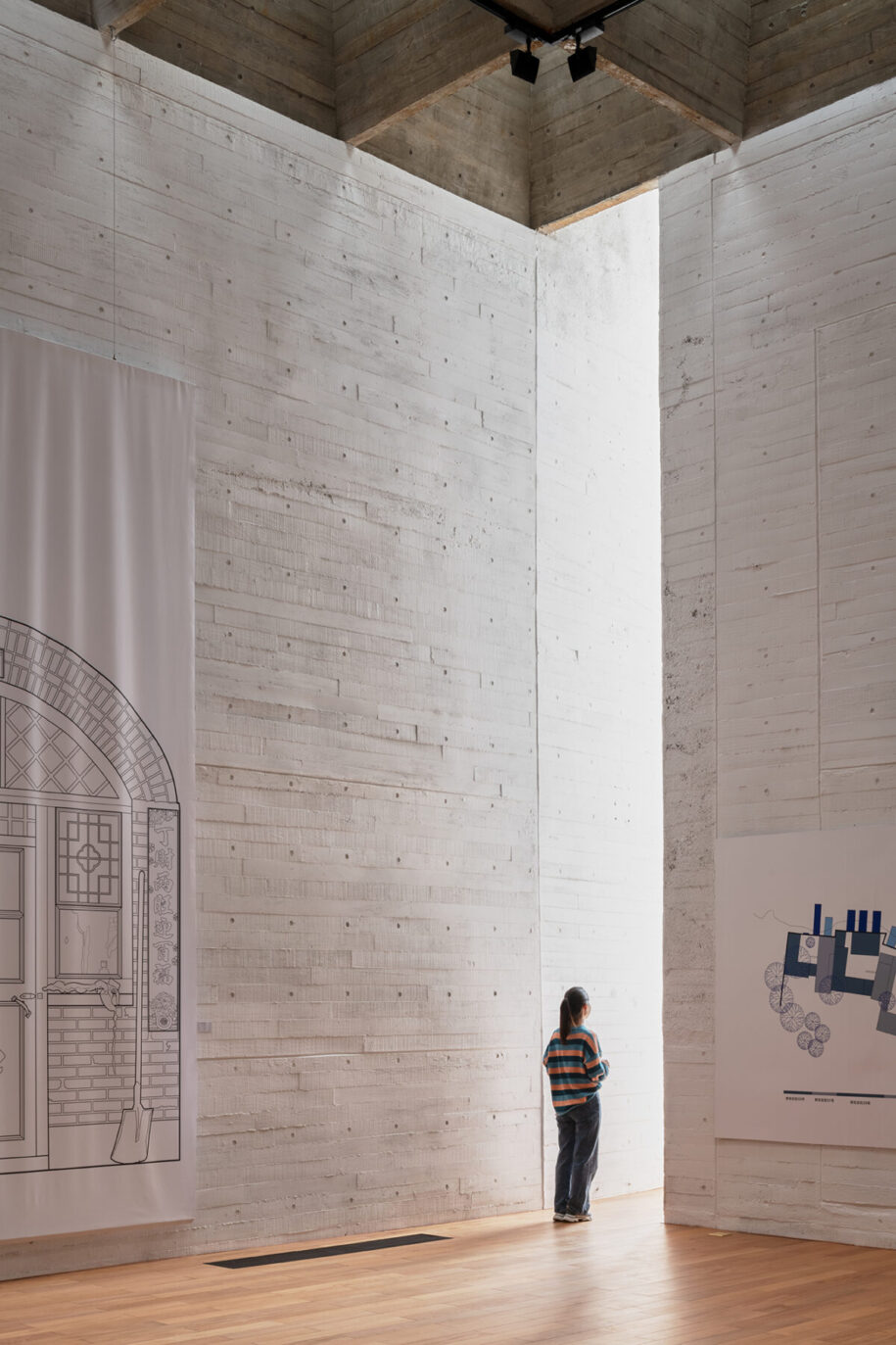
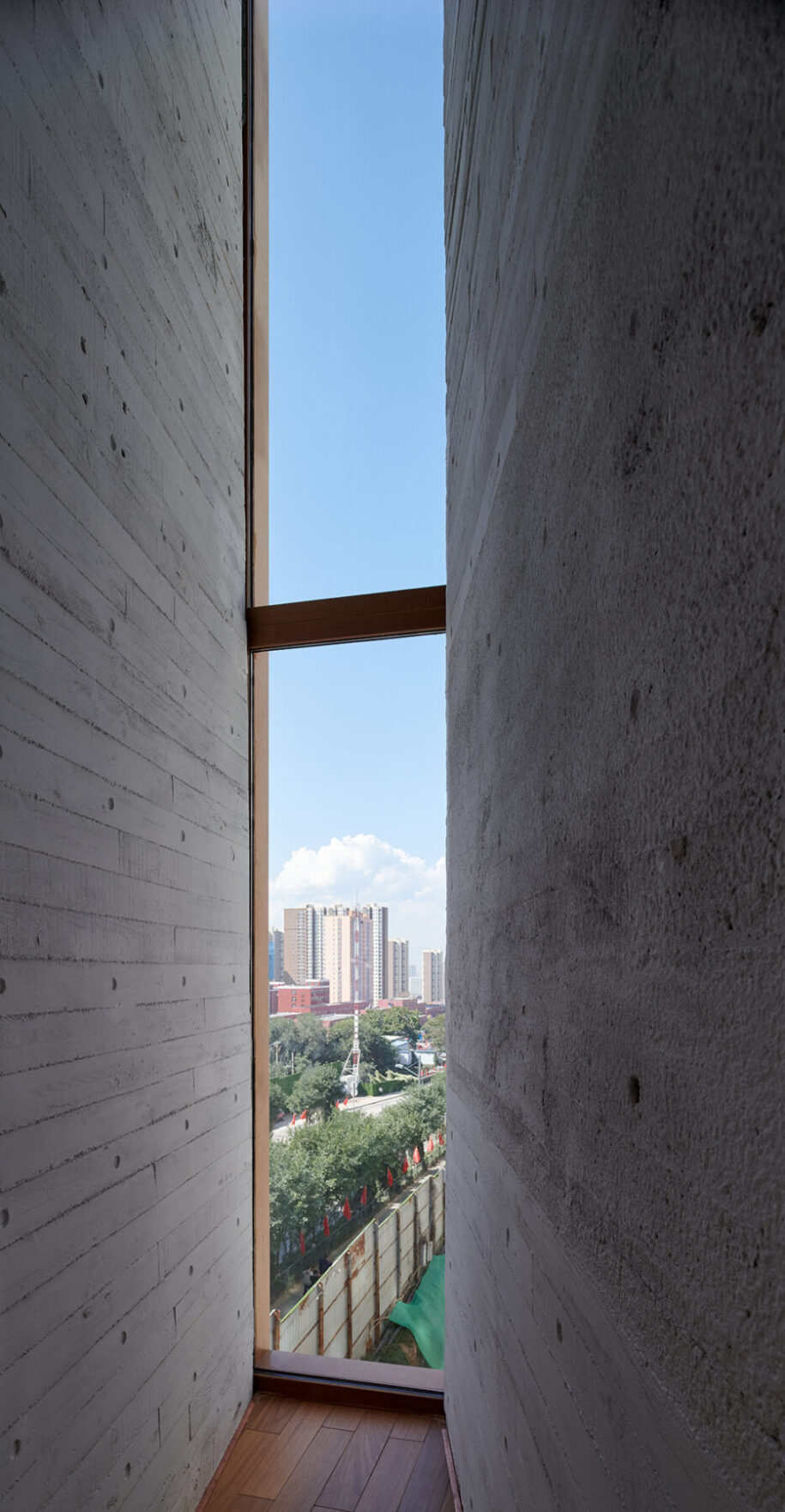
As we see it, Changjiang Art Museum is like a solid block of brick – occupying a specific space-time coordinate, bearing witness silently and attentively to the clamorous and ever-changing city around it.
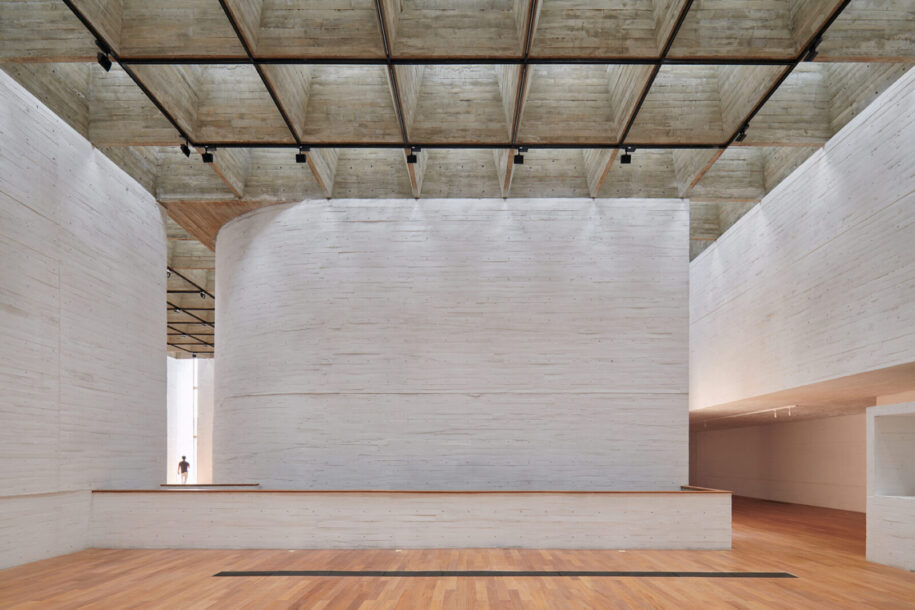
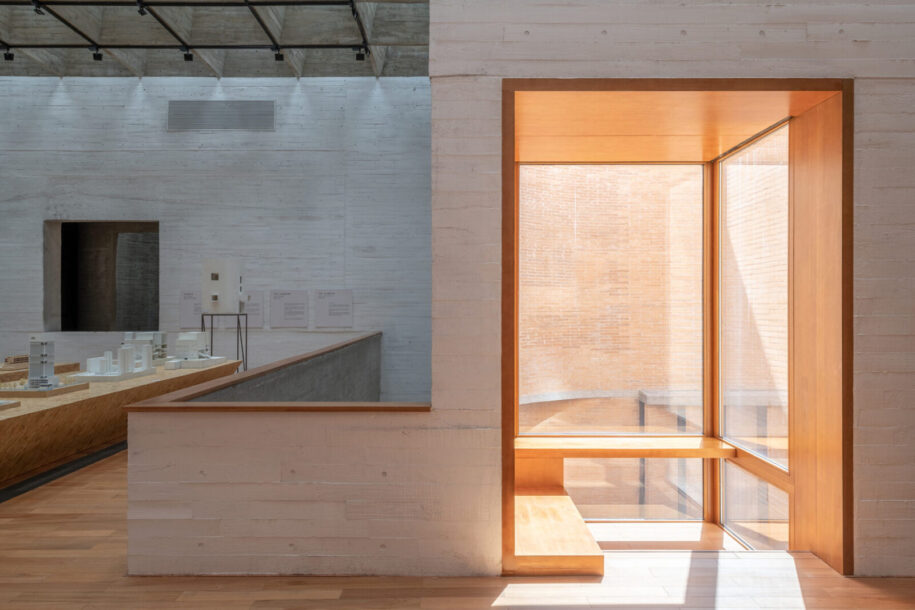
Drawings, model & sketches
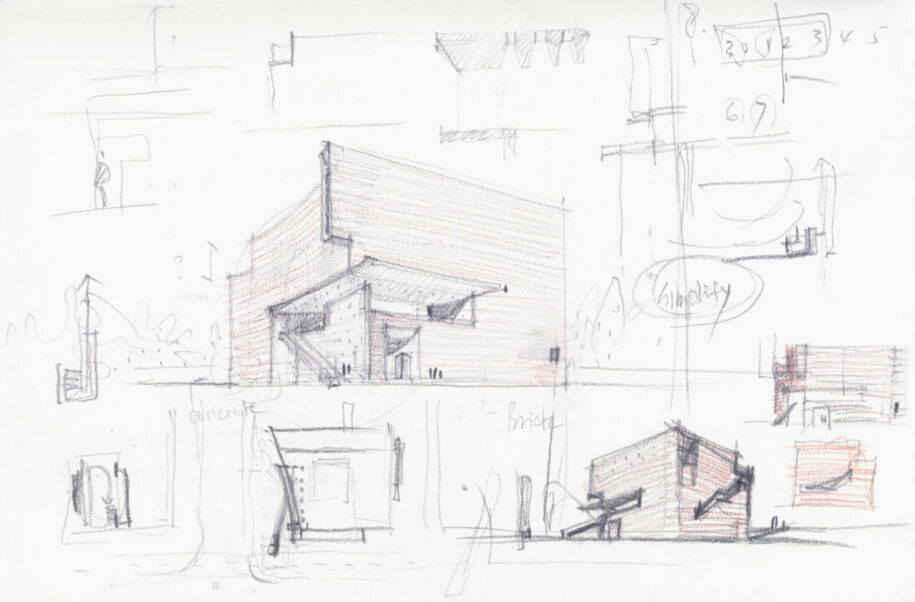
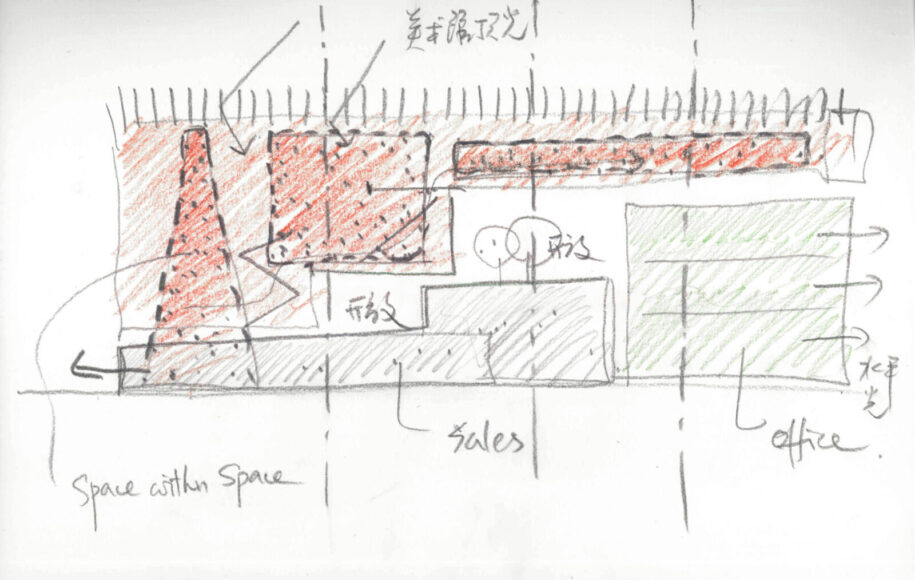
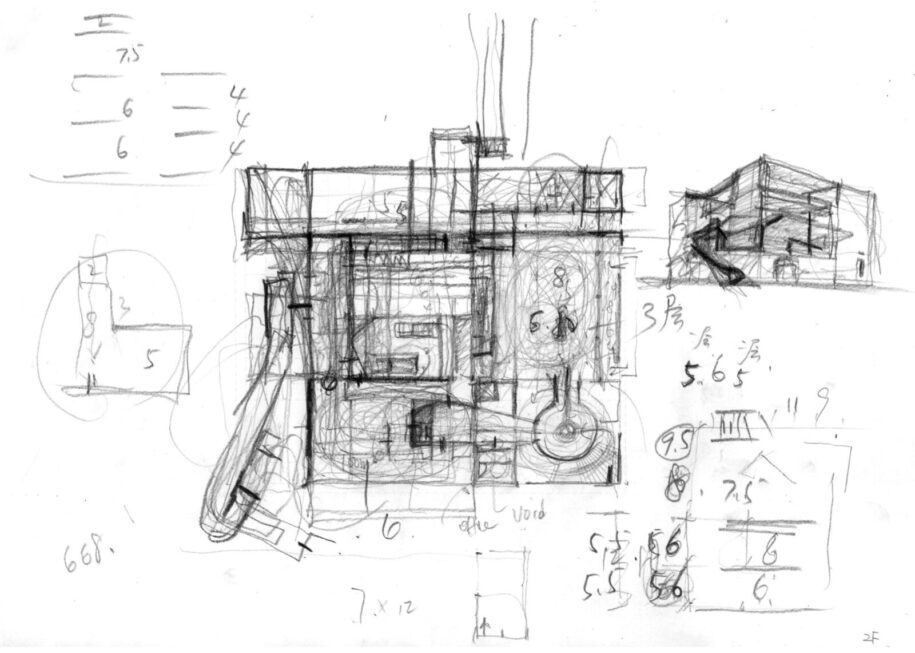
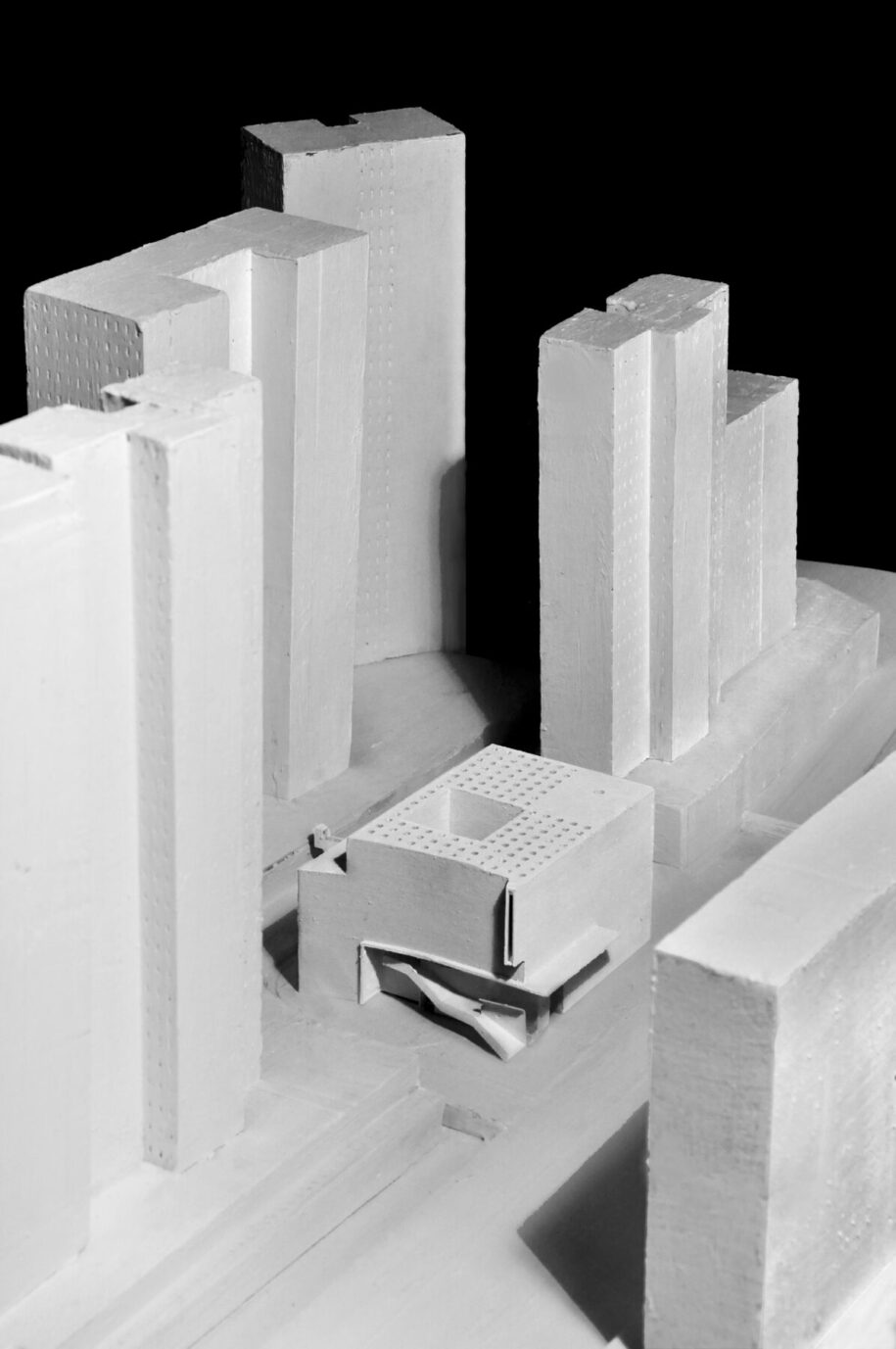
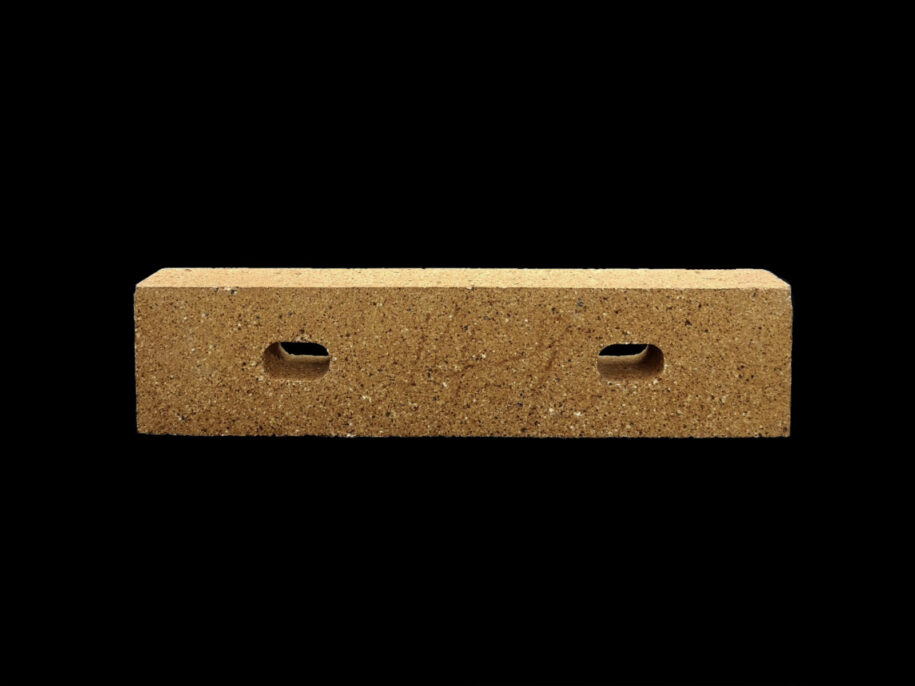
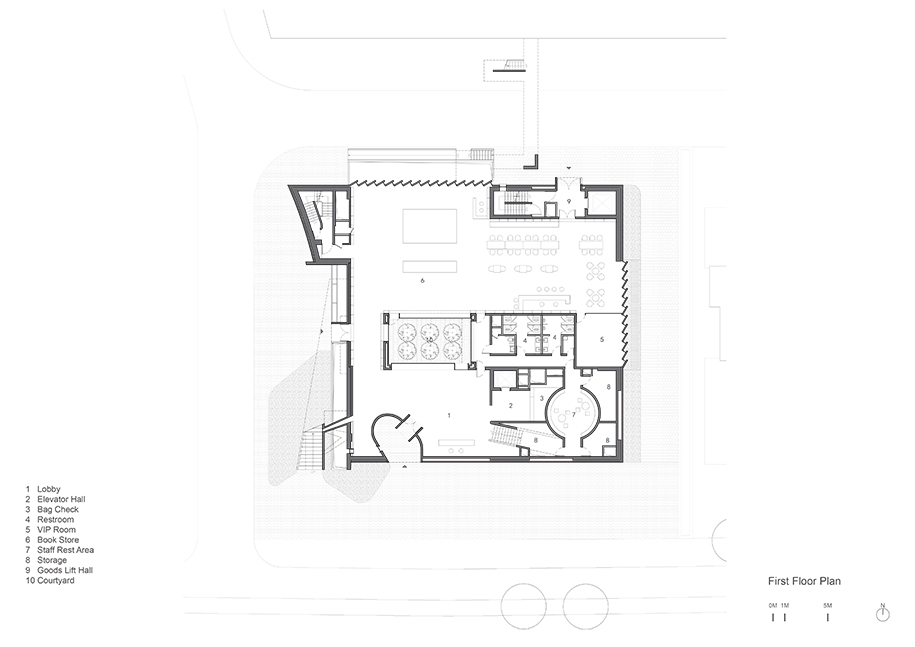
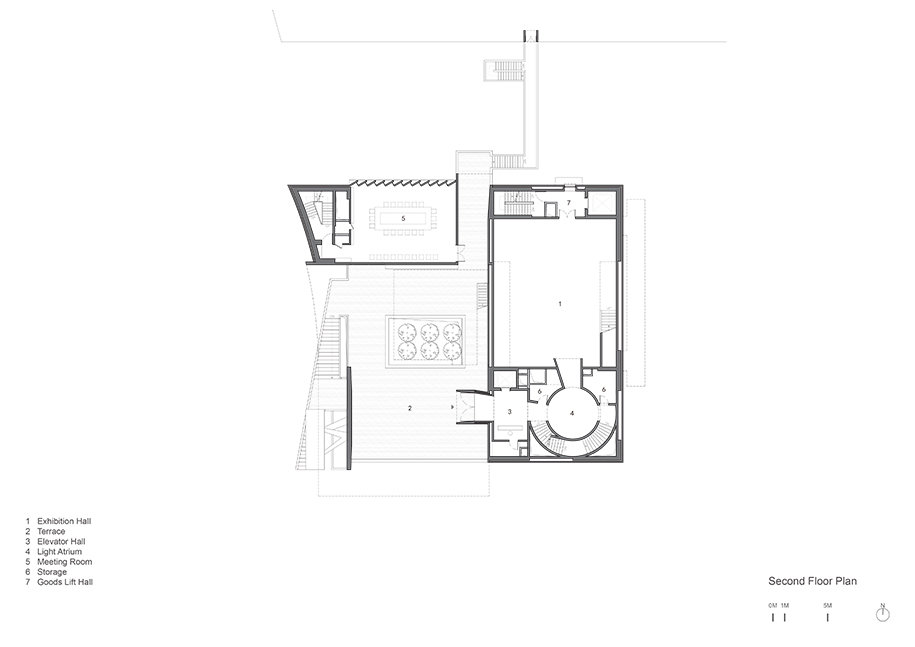
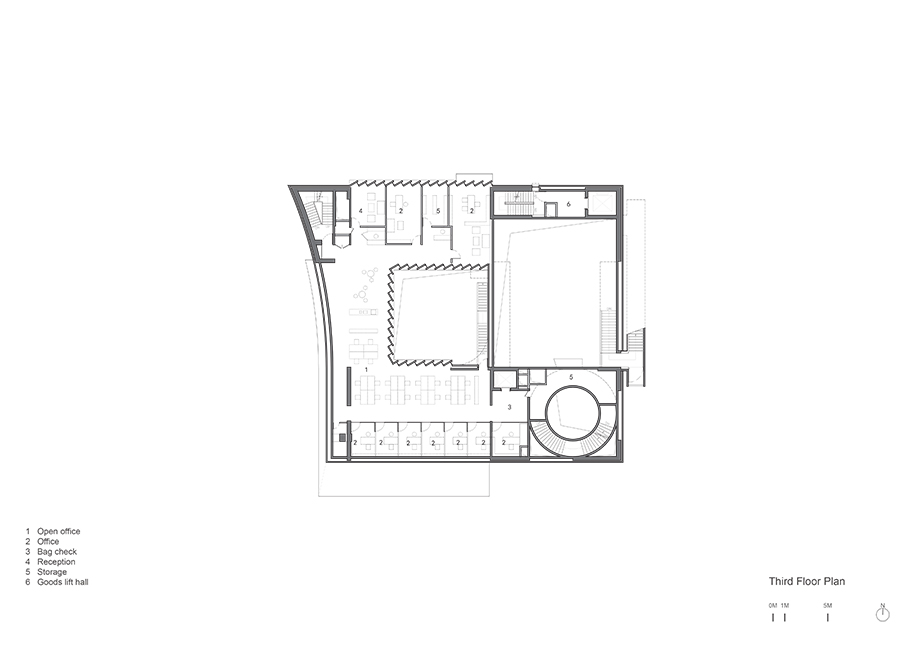
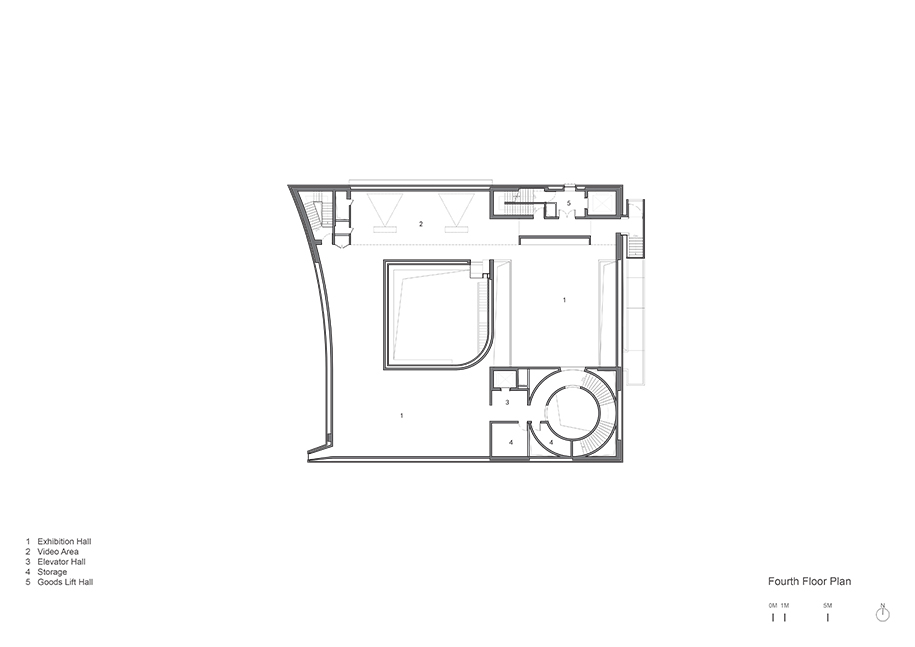
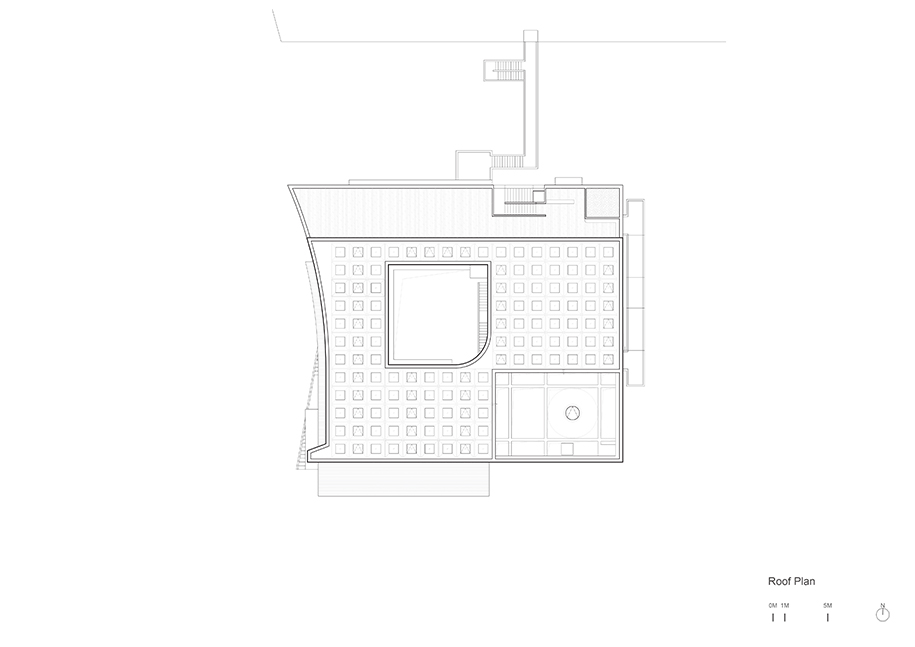
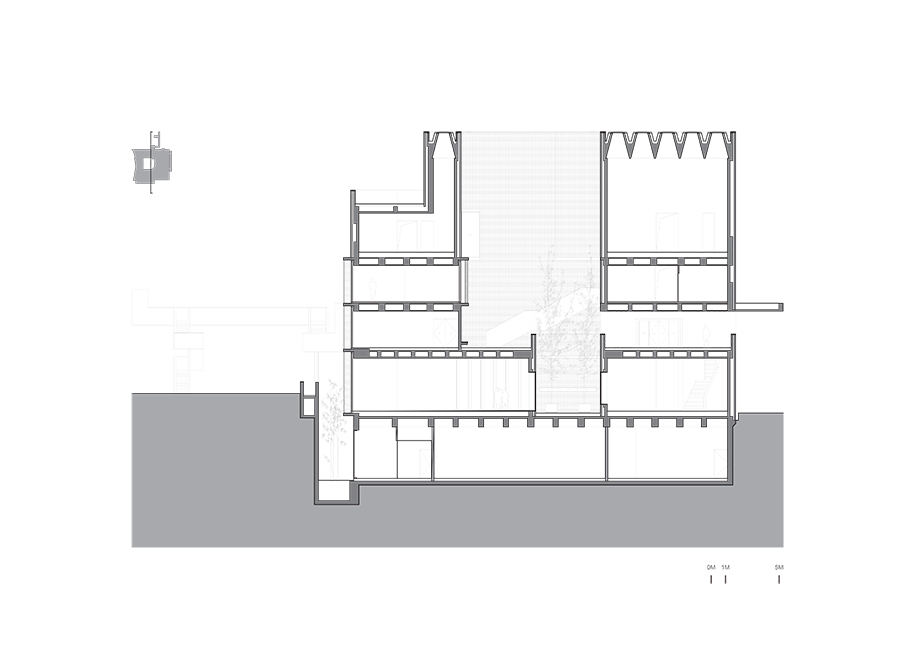
Facts & Credits
Project title Changjiang Art Museum
Location Kaixuan Road, Xinghualing District, Taiyuan, Shanxi, China
Structure Reinforced Concrete Shear Wall
Material Wood-form Concrete, Brick, Laminated Bamboo
Building Area 3.932 m2
Design Period 2016.05–2017.03
Construction Period 2017.03–2019.09
Architectural/ Interior/ Landscape Design Vector Architects
Design Principal Dong Gong
Project Architect Sun Dongping
Construction Management Zhao Liangliang
Site Architect Guo Tianshu, Chen Zhenqiang
Design Team Ma Xiaokai, Chen Zhenqiang, Zhang Kai, Jiang Yucheng, Teng Xiaotong, Zhao Dan
Structural & MEP Engineering Beijing Hongshi Design Co.,Ltd.
LDI Project Architect Zhang Cuizhen
LDI Architect Li Mo
Structural Design Xue Wei, Zhong Zhihong, Tian Xi
Mechanical & Electrical Design Shen Juan, Hao Shufang, Zhang Jianxia, Shi Kefeng, Li Yingping
Lighting Consultant X Studio, School of Architecture, Tsinghua University
Client Shanxi Qiandu Real Estate Development Co.,Ltd.
Photography Chen Hao
READ ALSO: CAUKIN STUDIO designed Evergreen School in Zambia
